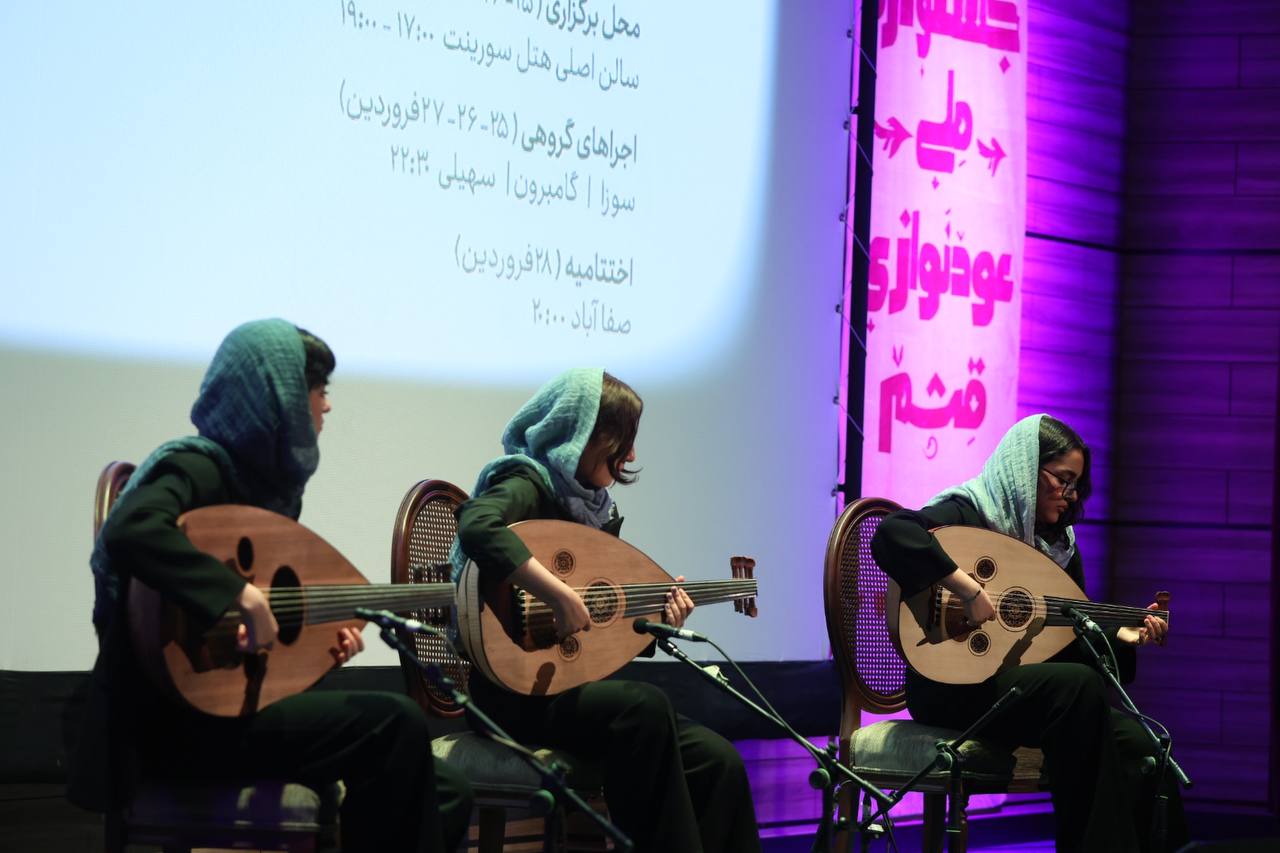
A Happy Ending in a Casual Gathering:
The second edition of the Qeshm National Oud Festival reached its final stage, culminating in a series of captivating stage and street performances held on the evening of Wednesday, April 15, 2025 (Farvardin 27 in the Iranian calendar), just ahead of the festival’s official closing ceremony. This festival, a landmark event for Iran’s cultural landscape, was successfully co-organized by the Qeshm Free Zone Organization and the BookCity Institute, a key player in promoting Iranian culture through its extensive national network of bookstores and cultural centers.
This year’s festival expanded its reach significantly. In addition to the formal stage performances held at the Surinet Hotel, a dynamic program of street performances was introduced. One notable component was the “Bring Your Instrument” campaign, which took place in the open area of the City Center shopping complex on Qeshm Island, inviting spontaneous participation. Another crucial aspect involved performances held in three different cafes located in the villages of Gamberoon, Soheili, and Souzza. These village performances were particularly well-received, drawing large audiences and underscoring the festival’s commitment to engaging with local communities – a focus that is often less explored in such events. This emphasis on bringing music directly to the people, especially in rural areas, powerfully demonstrates that music, particularly indigenous music like oud playing, is alive and thriving in places like Qeshm, resonating as the very soul of southern Iran.
In the final segment of the stage performances, eight music groups and soloists took to the stage, showcasing a range of talent and styles.
Seyed Amirreza Mohammadi from Mazandaran (a northern province of Iran) was one of the participants in the solo section, performing pieces such as “Taghsim Bayati” (an improvised section in an Arabic folk music mode), “Zarbi” composed by Nazih Bourish, “Zarajan” (a folk piece combining music from Kurdistan and Mazandaran), and “Taghsim Rast” (an improvised section in an Arabic folk music mode).
Irana Kakavand, another participant in this section, traveled from Qazvin city. She performed “Sarvenaz” composed by Mansour Nariman and “Longa” composed by Riad Al Sunbati on the third night of the festival.
Amir Kouhyar Mirzaei and Samin Mohammadi were other participants from Tehran.
Shahrad Sheikhi, another participant from Tehran, performed on the third day of the festival, playing the piece Avaz Chahargah and “Dokhtarak-e Zhoulideh” (The Disheveled Girl) composed by Alinaghi Vaziri. Shahrad Sheikhi has been playing for about 7 years and is a student of Najmeh Saghir. Initially interested in the violin, he was drawn to the oud upon hearing its unique sound. This young participant commented on the festival, saying, “This year’s festival has been much better than last year, and we are very happy to meet the masters of this instrument closely.” He suggested to the organizers that if he is selected as a winner in the festival, the masters could provide guidance and introduce him to music groups, highlighting the value of mentorship offered by the event.
In the group performance section, the “Tarannom” group, with Hasti Sadeghian as oud player and composer, alongside Onak Ranjbin on qanun, performed an improvisation piece featuring both oud and qanun. “Samai Mahour” composed by Rafiq Talat Bey and “Longa Sultani Yegah” composed by Riad Al Sunbati were among the pieces performed by this group.
Hasti Sadeghian is also a student of Najmeh Saghir, has been playing for about 8 years, and is a graduate of the Tehran Conservatory of Music. This was her first time participating in the festival. Reflecting on the event, she stated, “The oud instrument was not very well-known before this festival, and many people didn’t even know its name, but holding such festivals is very effective in introducing Iranian instruments, especially the oud.” She expressed her view that the festival should focus even more on the oud instrument and make greater efforts in its introduction. Her comments underscore the crucial need for initiatives like this festival, championed by cultural institutions like BookCity, to elevate the profile of traditional instruments.
The “Hazin” music group, led by Fatemeh Abdi Pour, performed the piece “Khazan” (Autumn) composed by Parviz Meshkatian. Tina Gholizadeh and Ailin Yazdandoost were among the oud players accompanying this group.
Radman Musaferi, a participant from Tehran, performed three pieces composed by Mohammad Reza Ebrahimi: “Lahzeh” (Moment), “Avaz Homayoun” (Homayoun Mode Vocal Piece), and “Rang Homayoun” (Homayoun Mode Rhythm).
***
The successful conclusion of the 2nd Qeshm National Oud Festival, as detailed in this report, stands as a testament to the power of collaboration in revitalizing Iranian cultural heritage. The BookCity Institute, renowned for its extensive network of over 100 bookstores and cultural centers across Iran, played an indispensable role as co-organizer, bringing its unique cultural and social mission to bear on this vibrant event.
BookCity’s involvement ensured that the festival was more than just a series of performances; it was a comprehensive cultural experience that actively engaged communities. The inclusion of street performances and initiatives like the “Bring Your Instrument” campaign, particularly the focus on reaching remote villages, reflects BookCity’s deep-seated commitment to making culture accessible to everyone and fostering a sense of connection through shared artistic expression. As highlighted by Ebrahim Balapajouh, the manager of BookCity Mashhad, these public events effectively served as a bridge, connecting people from different backgrounds and regions across Iran through the universal language of music, specifically the oud.
By supporting events that feature a diverse range of talents – from young emerging artists like Shahrad Sheikhi and Hasti Sadeghian to more established groups – and bringing together musicians from various parts of the country, BookCity directly contributes to the identification, nurturing, and promotion of traditional music skills. Hasti Sadeghian’s insightful observation about the festival’s impact on raising the oud’s profile perfectly articulates the value of such dedicated initiatives, which BookCity, with its national infrastructure, is uniquely positioned to champion.
The “happy ending” tone of this report reflects the positive impact the festival had on participants and audiences alike, creating a sense of shared cultural celebration. BookCity’s support for the Qeshm Oud Festival underscores its broader mission: leveraging its national presence as a leading bookstore chain and cultural hub to actively preserve, develop, and promote Iranian arts and heritage for the benefit of society. Their involvement ensures that vital traditional instruments like the oud receive the attention and platform they deserve, securing their place in the future of Iranian culture.
***
Following this report, we invite you to view the image report covering the third day of the festival.
*Photographers: Marzieh Noorali and Marzieh Mousavi*
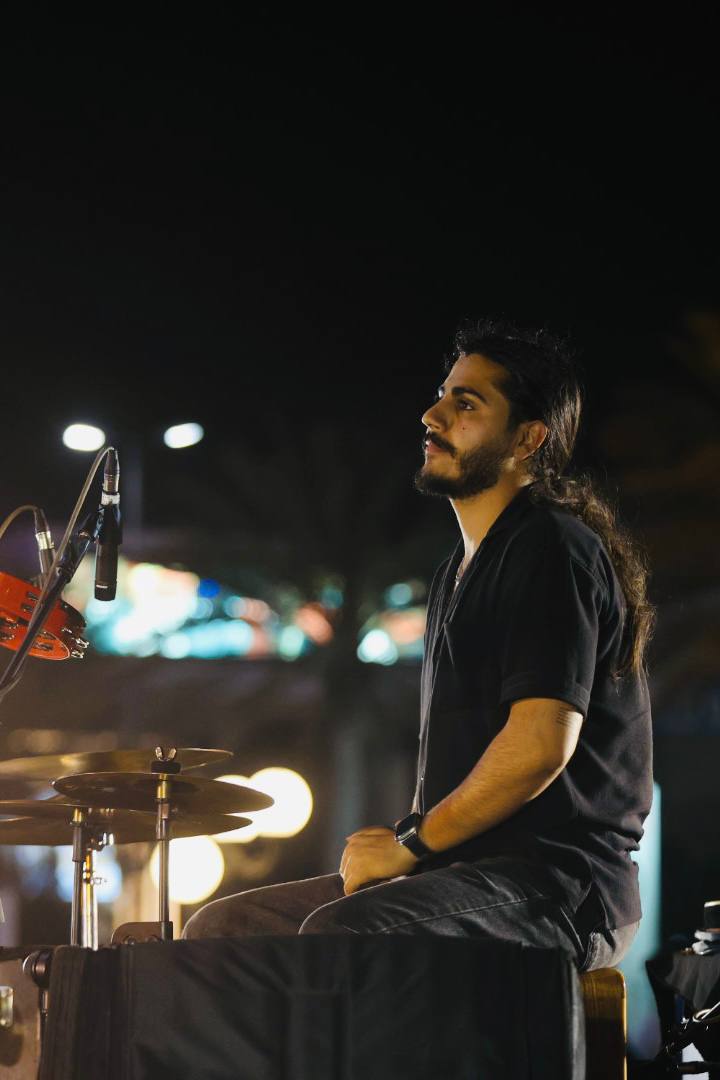
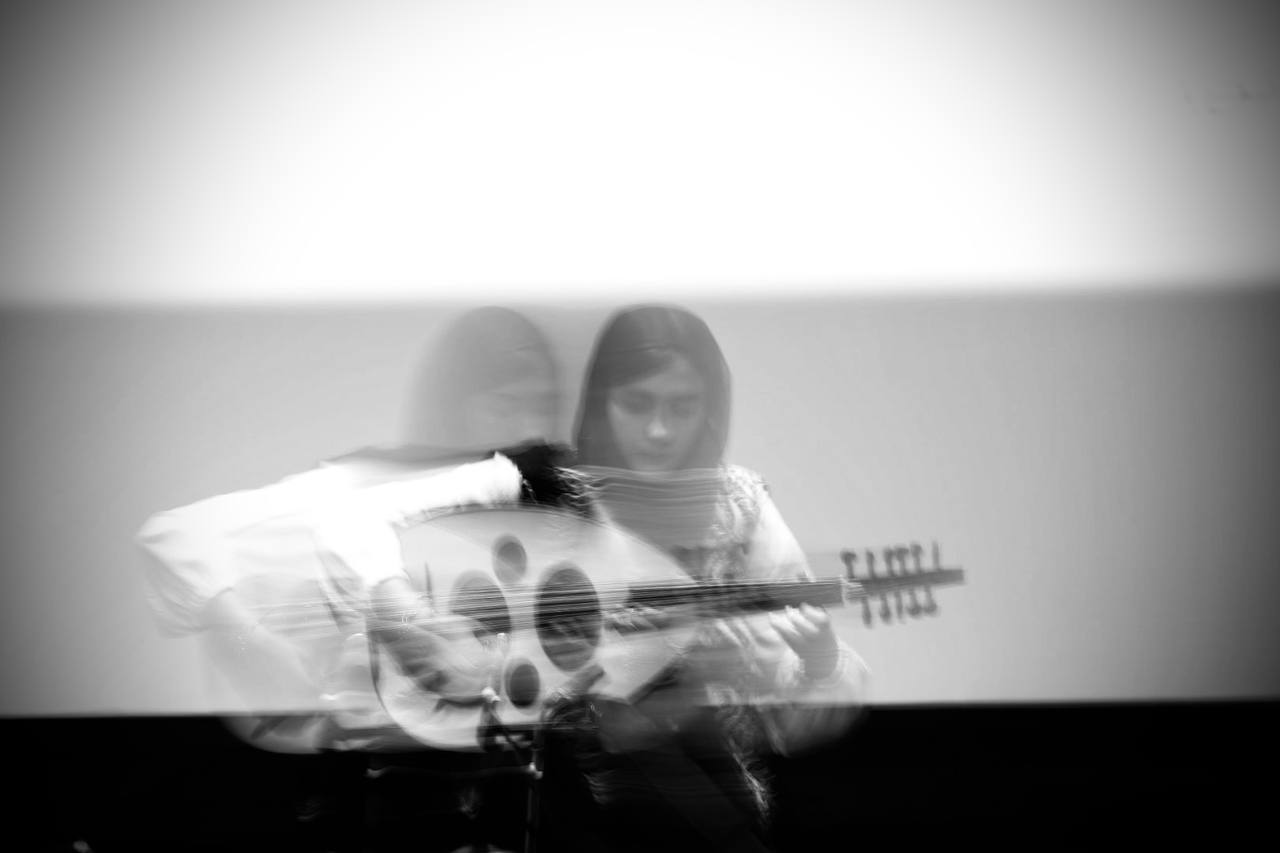
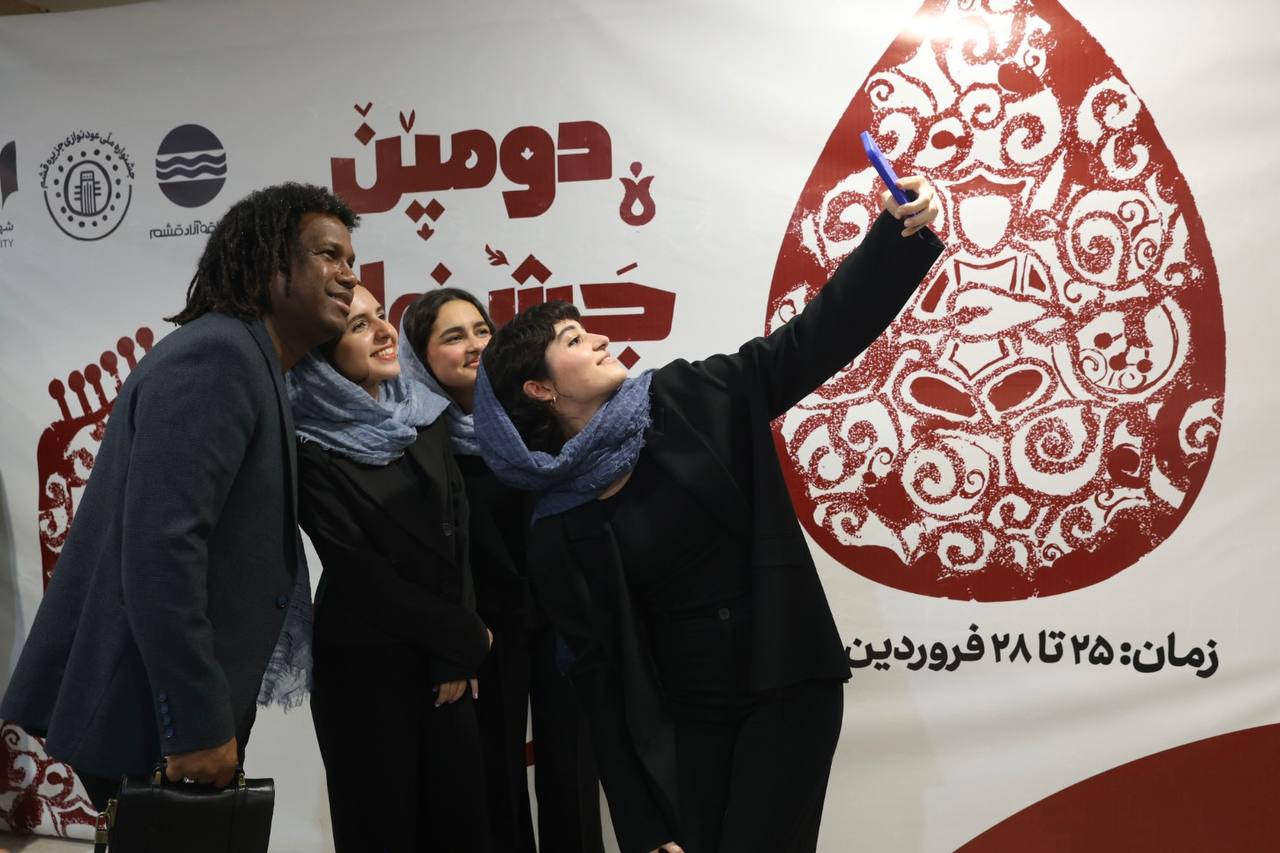
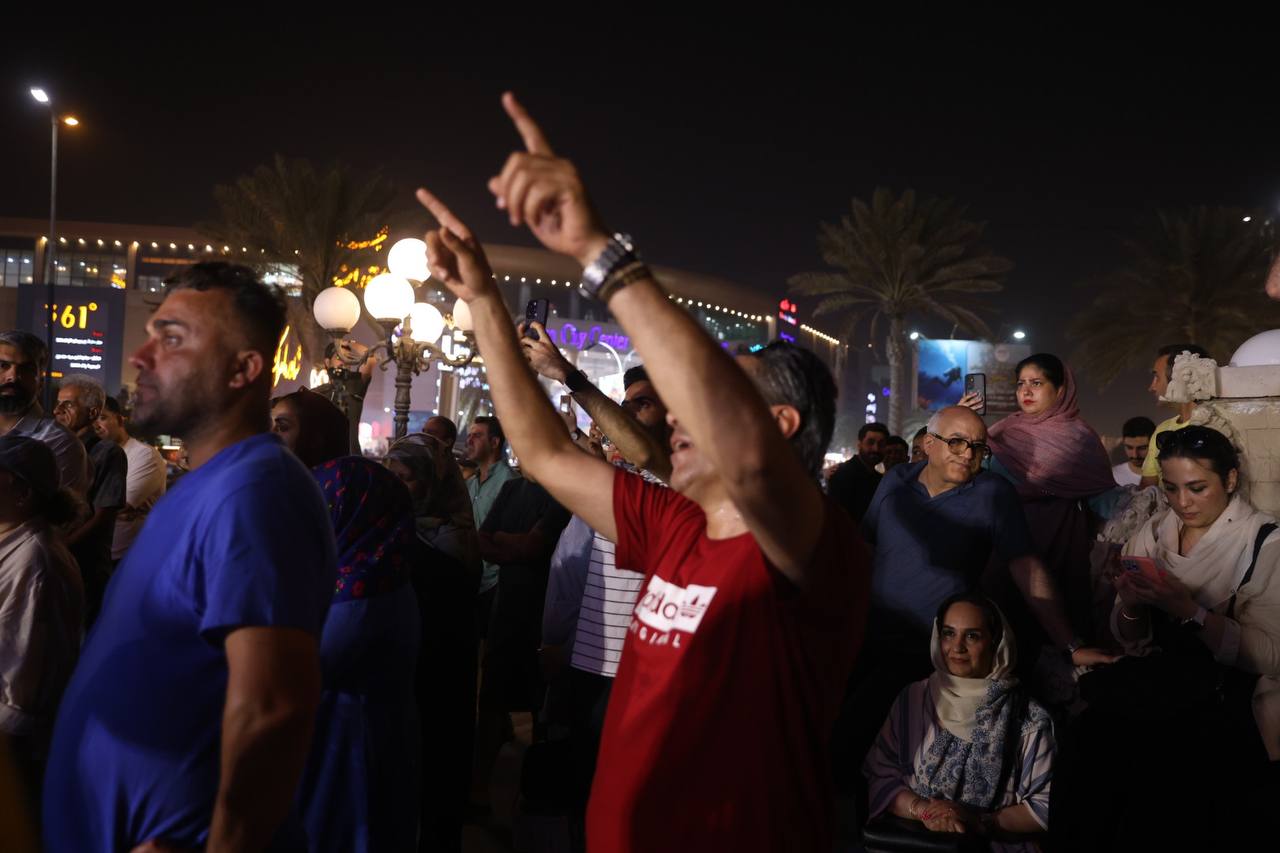
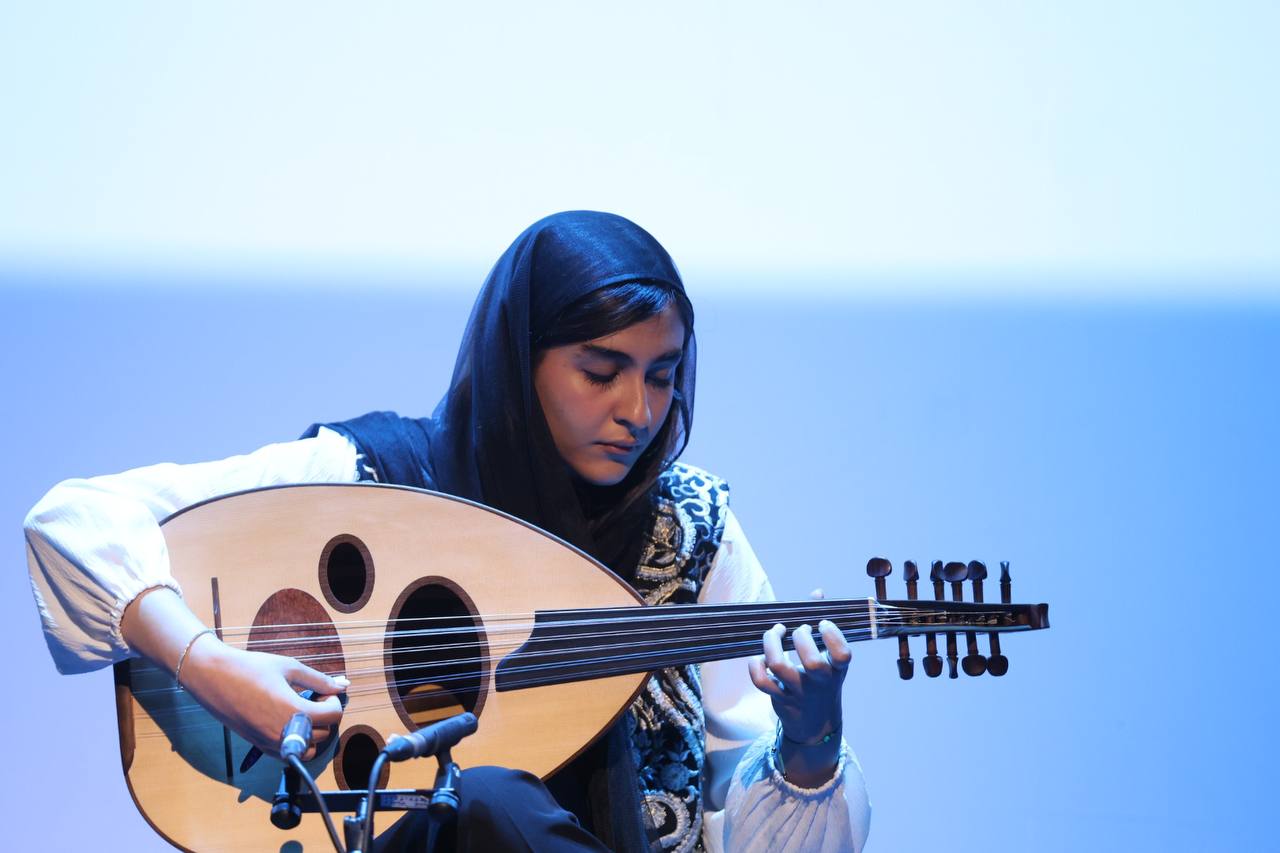
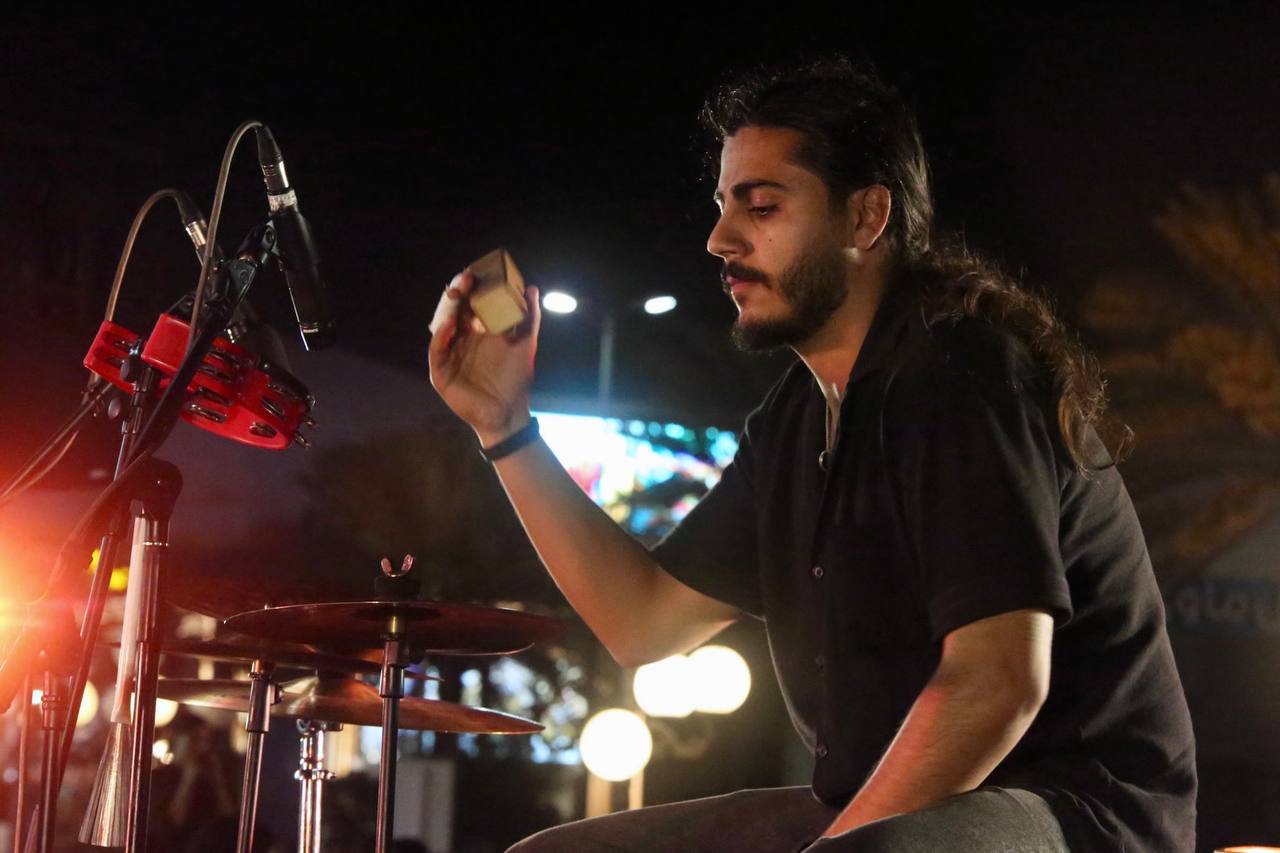
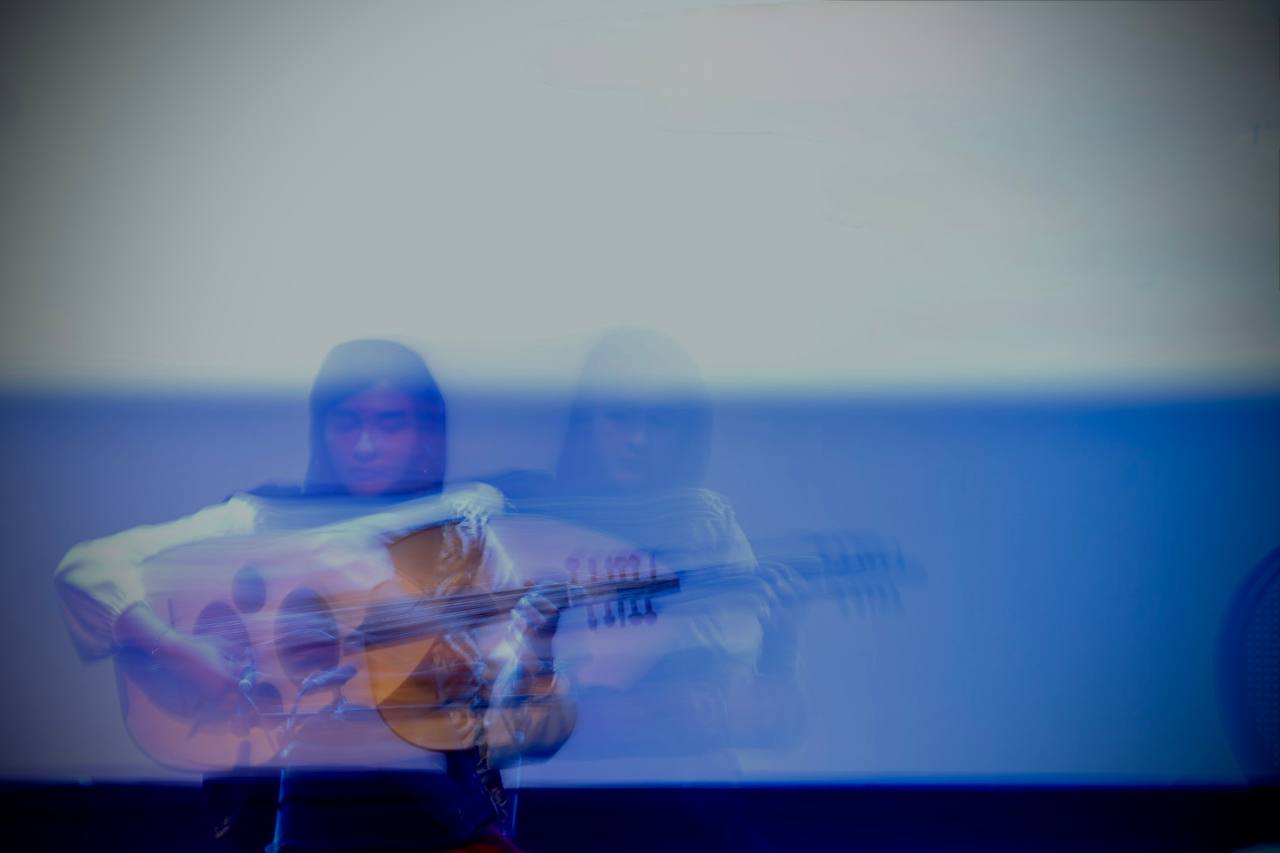
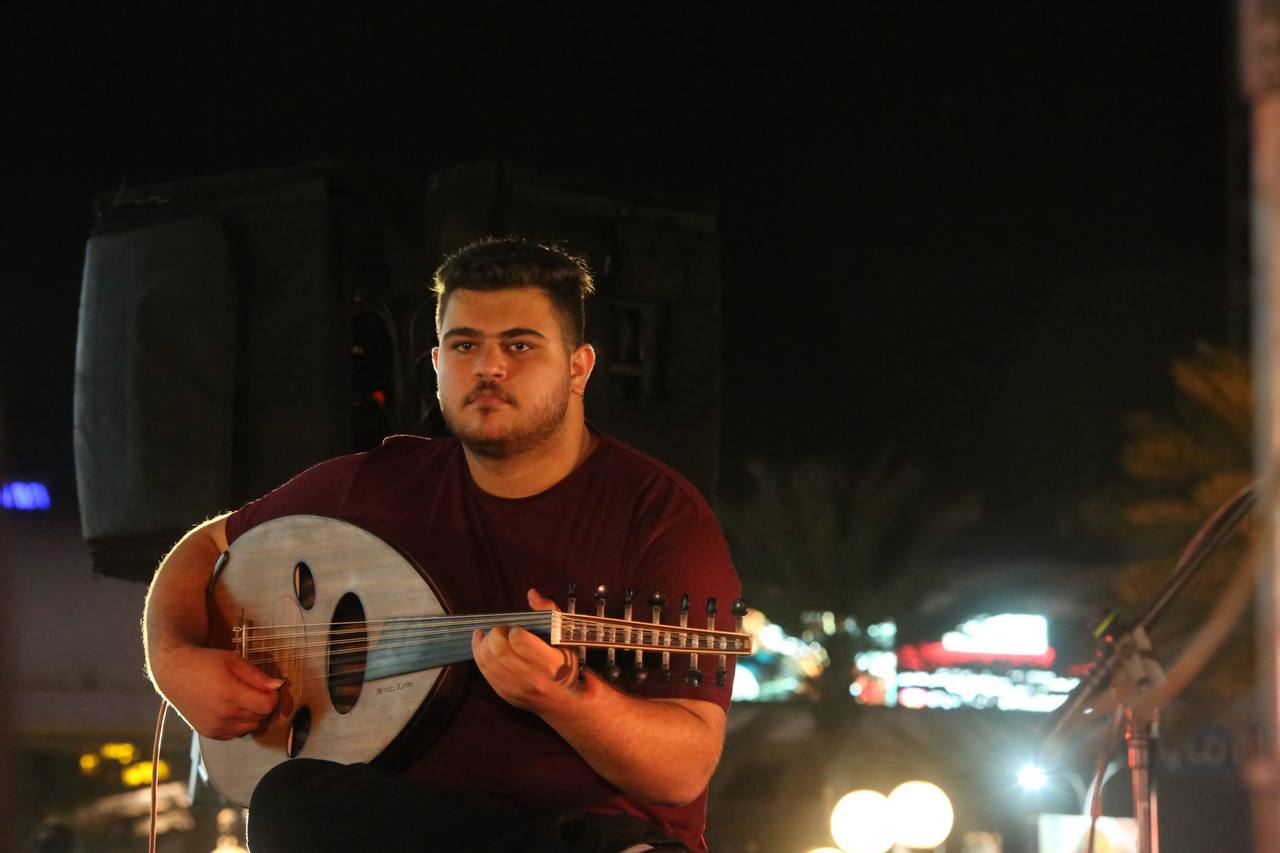
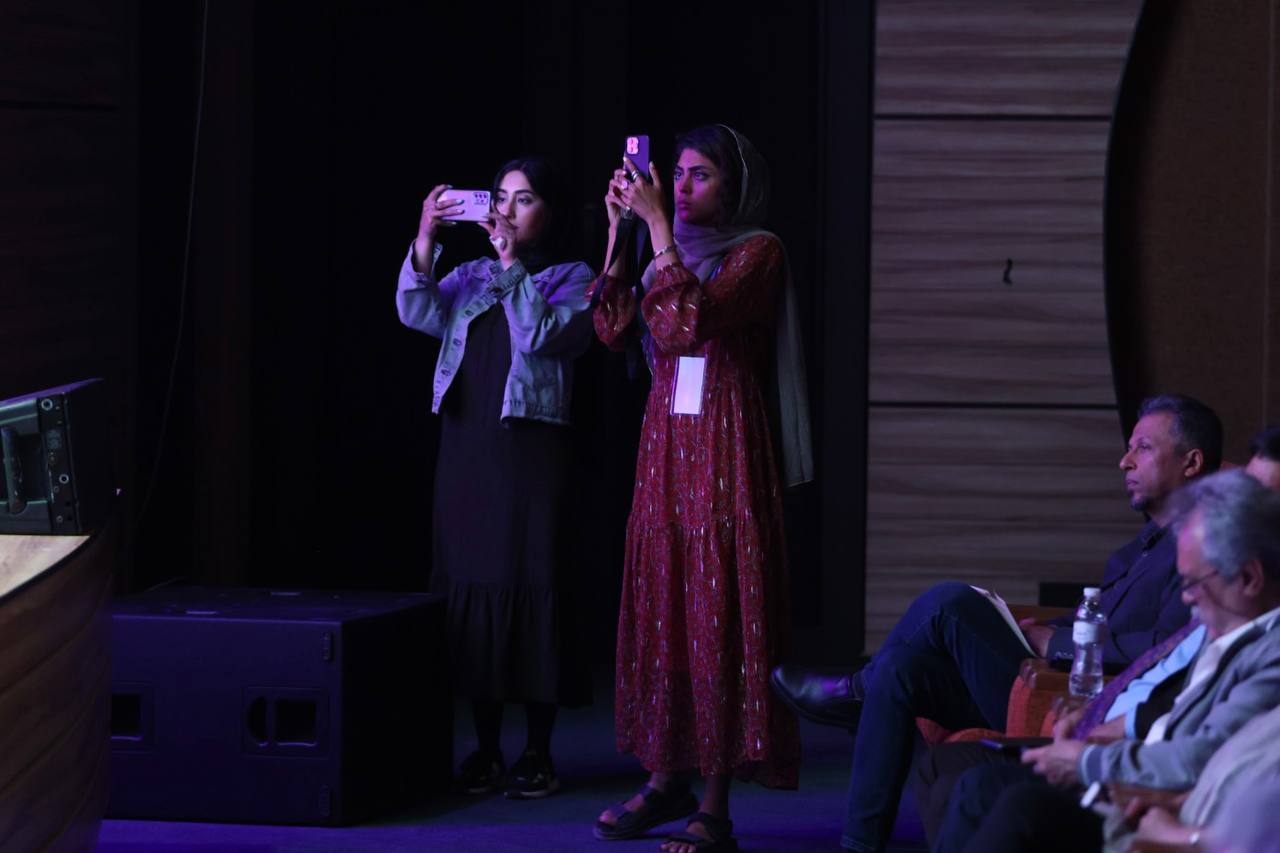

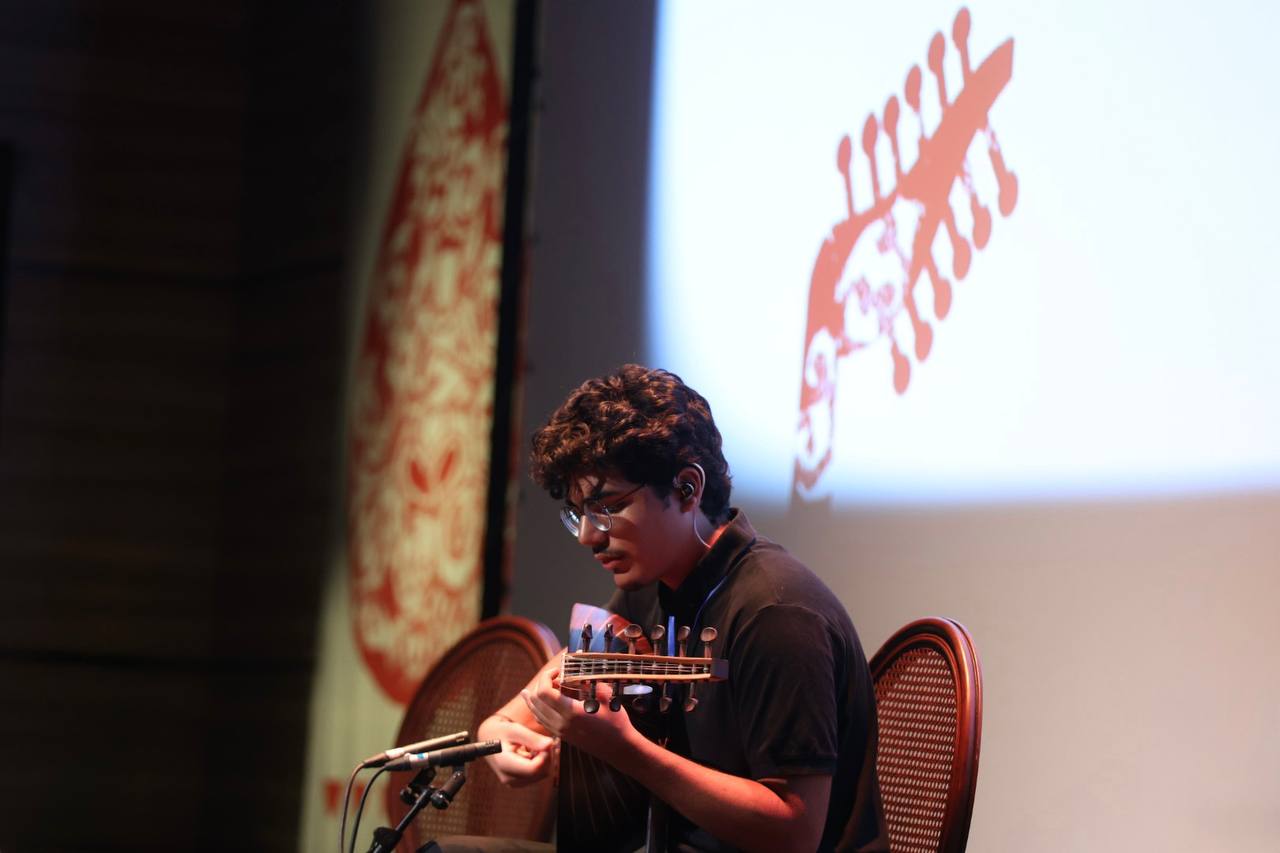
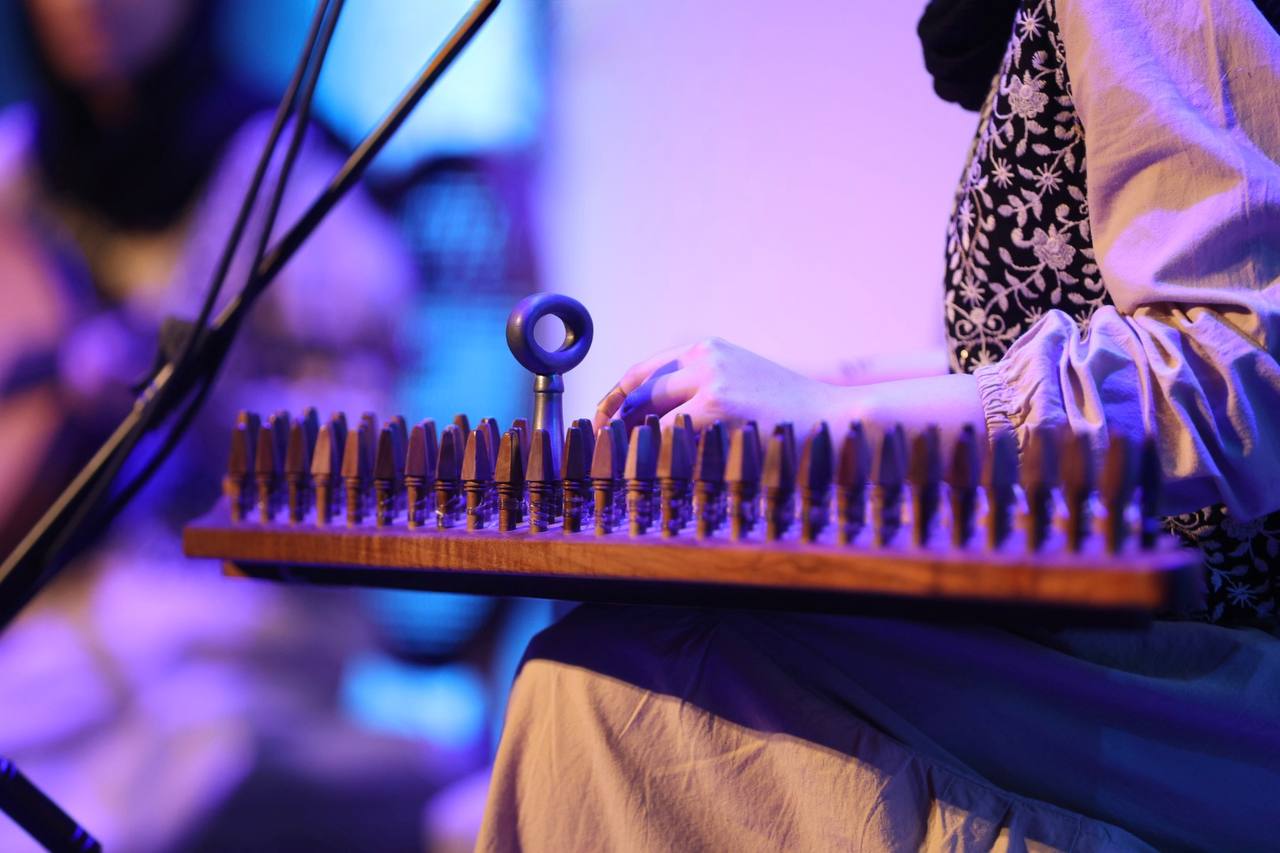
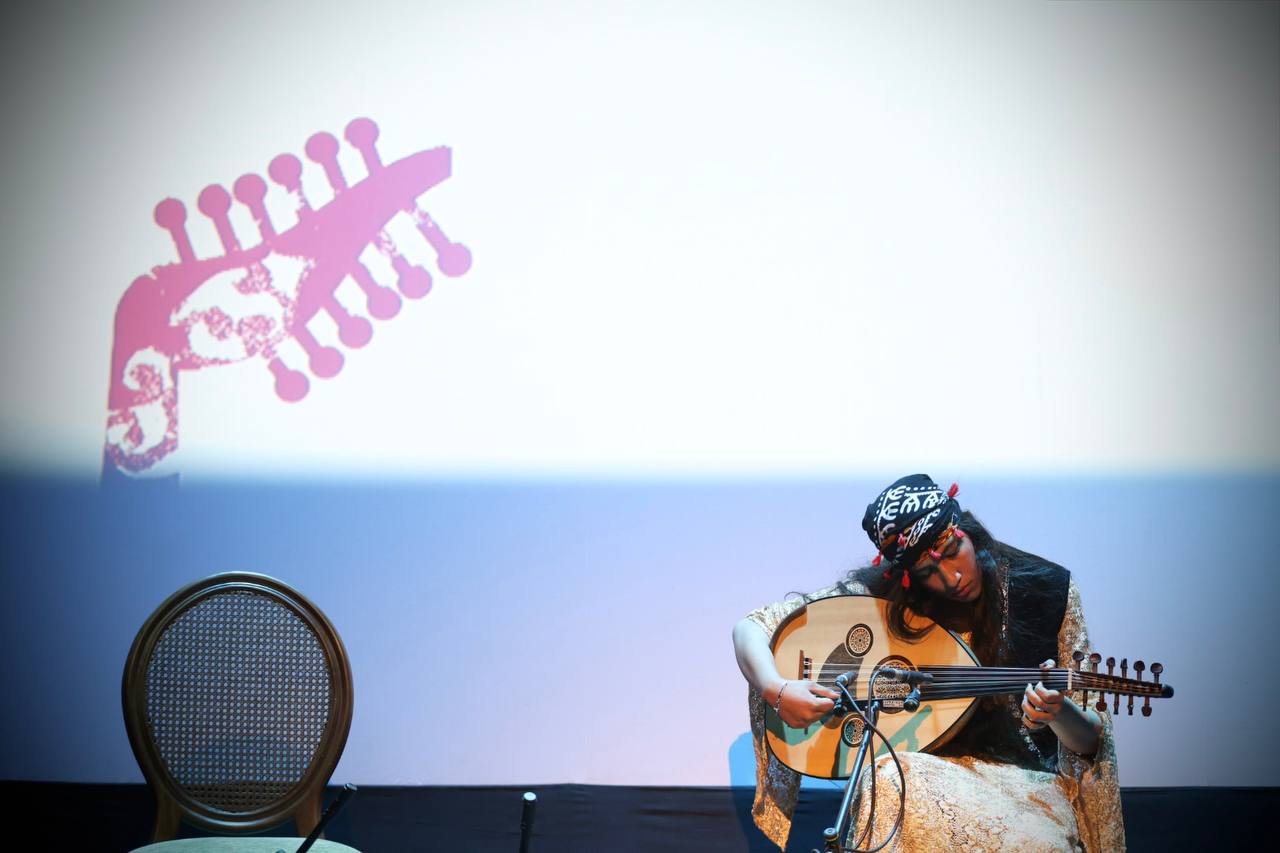
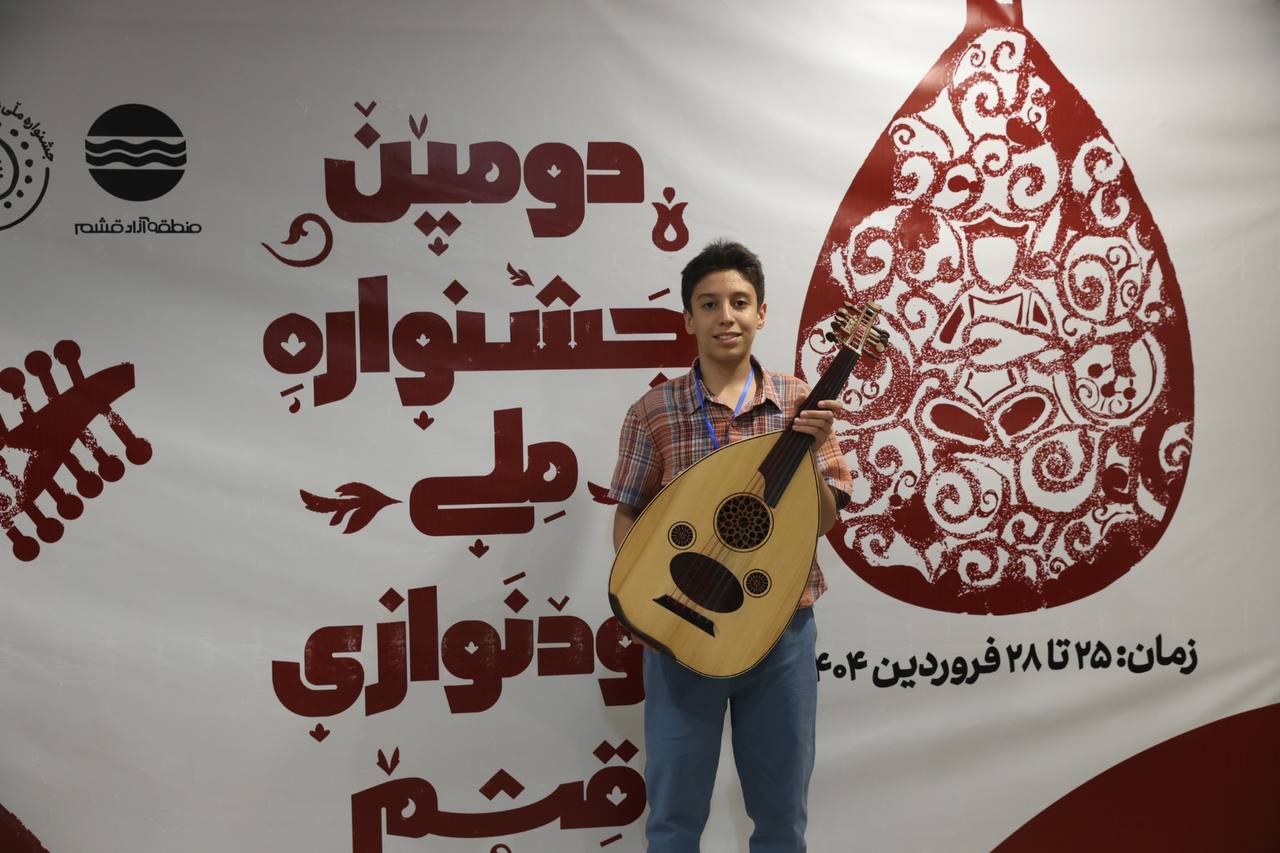
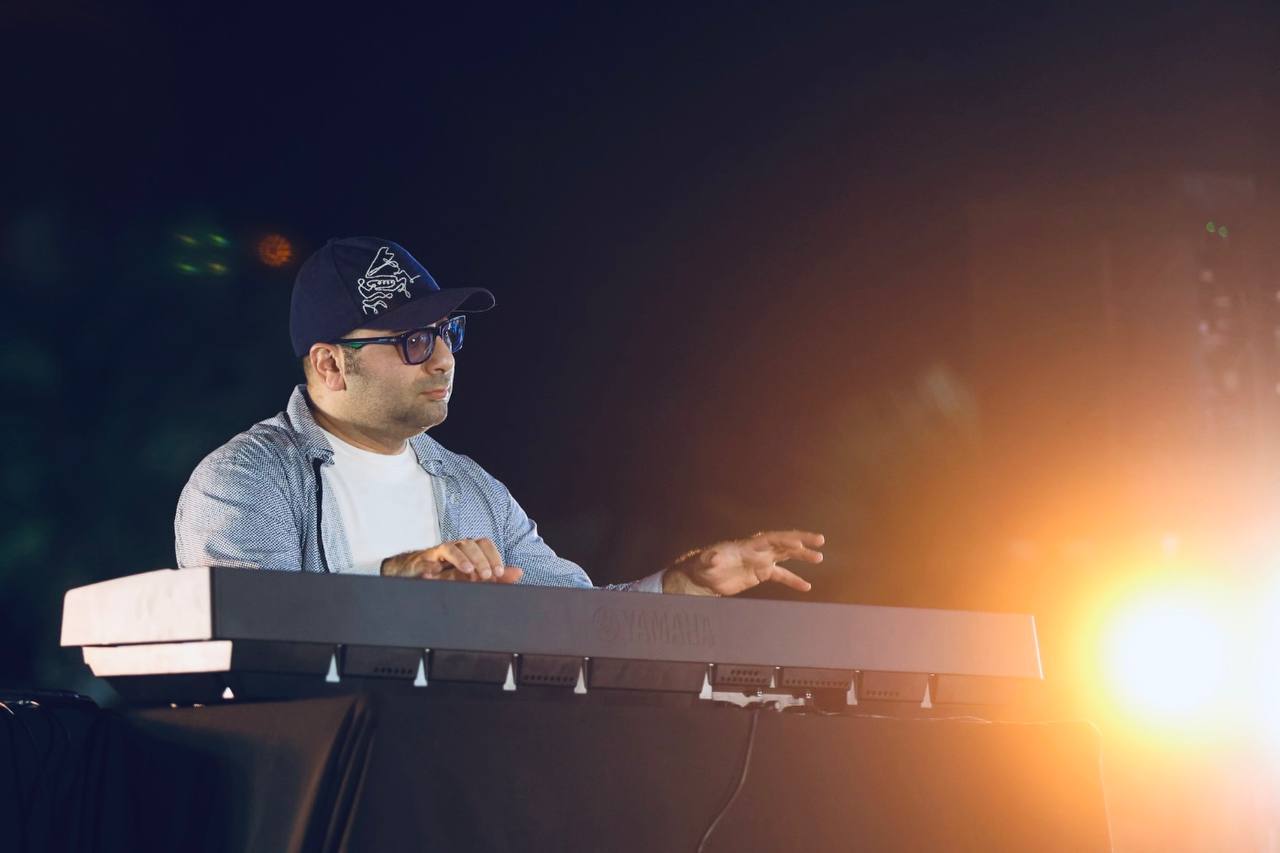
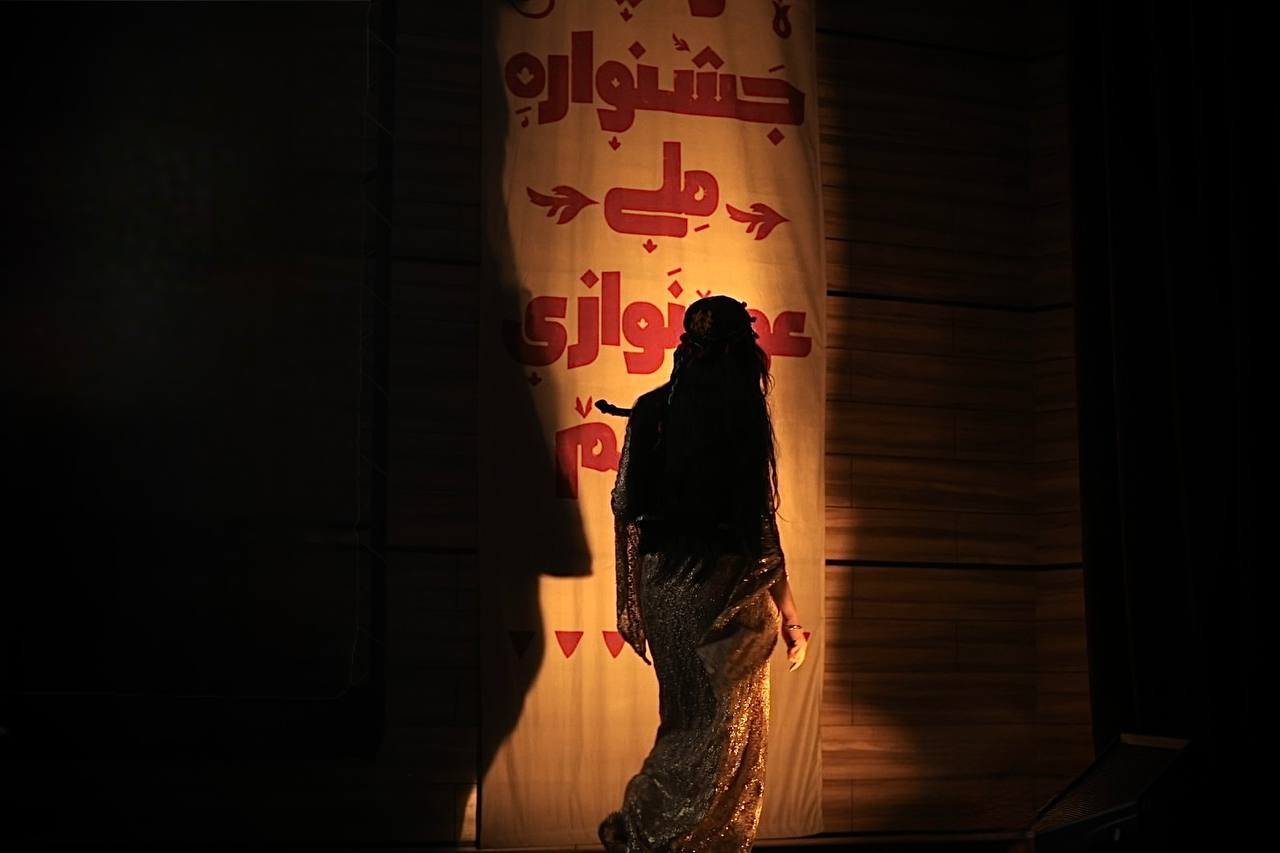
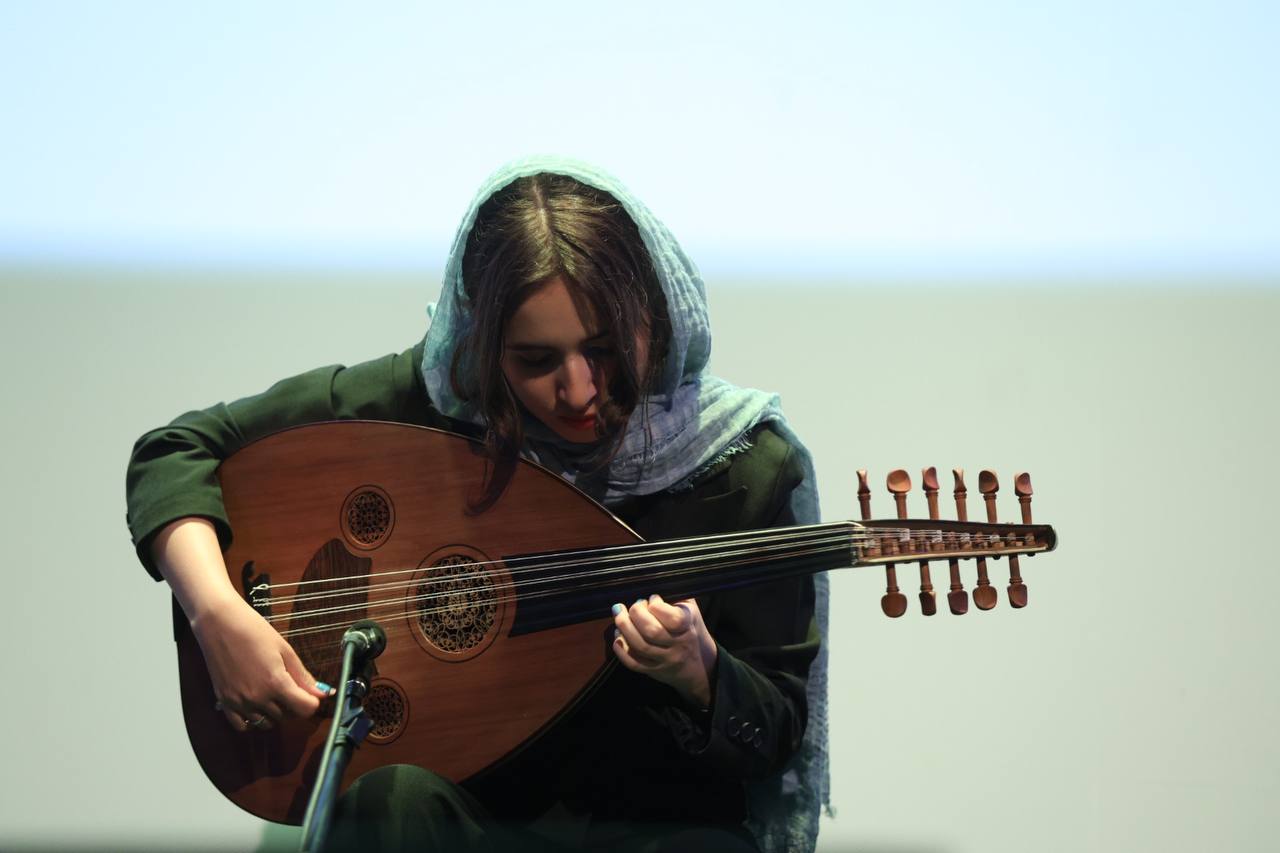
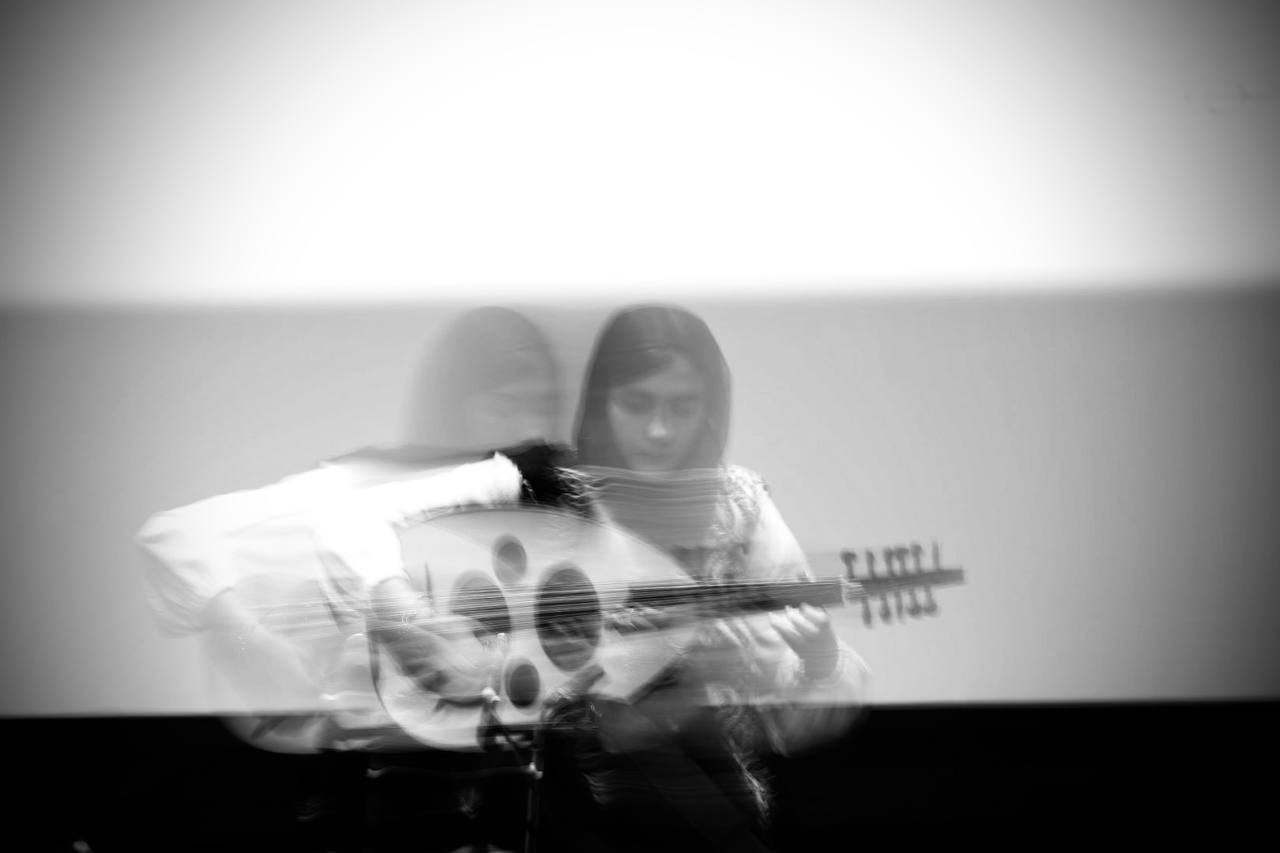
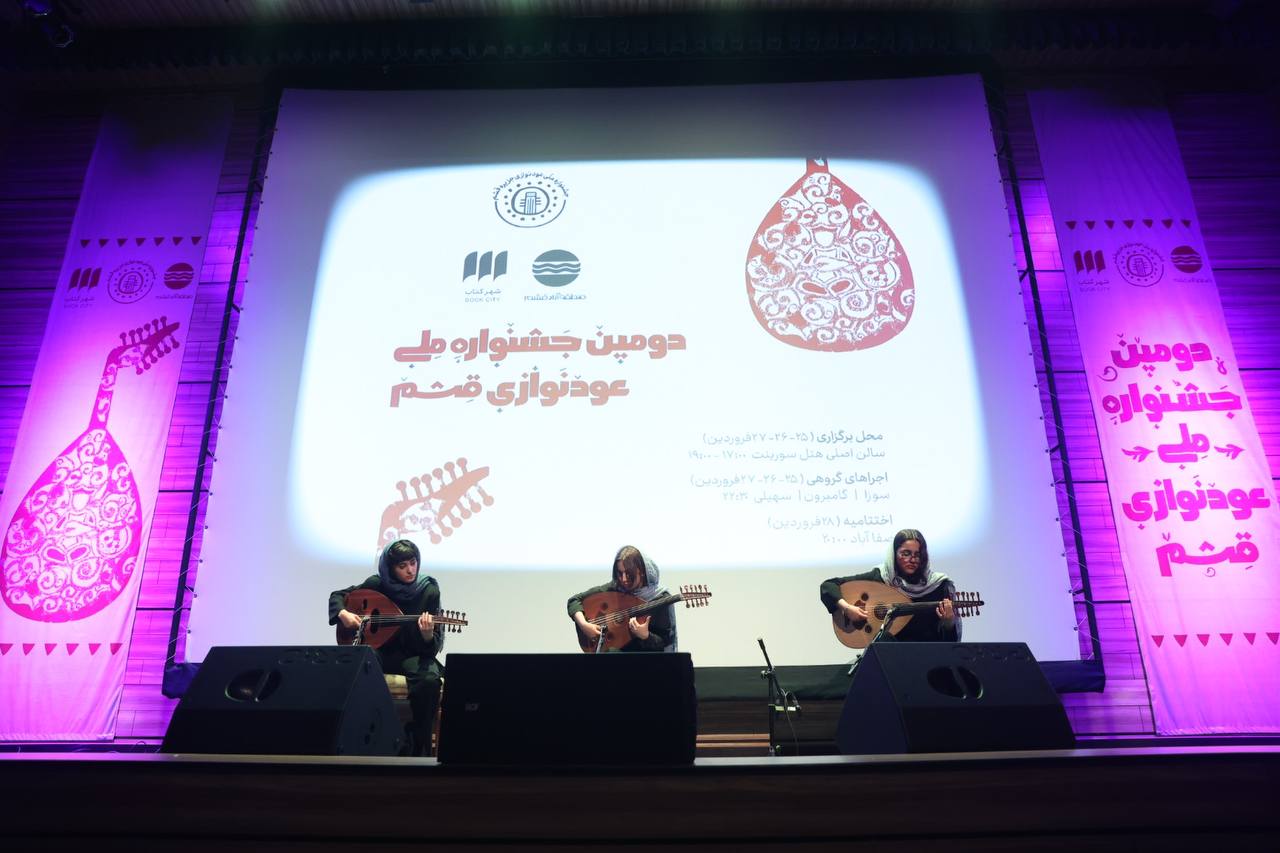
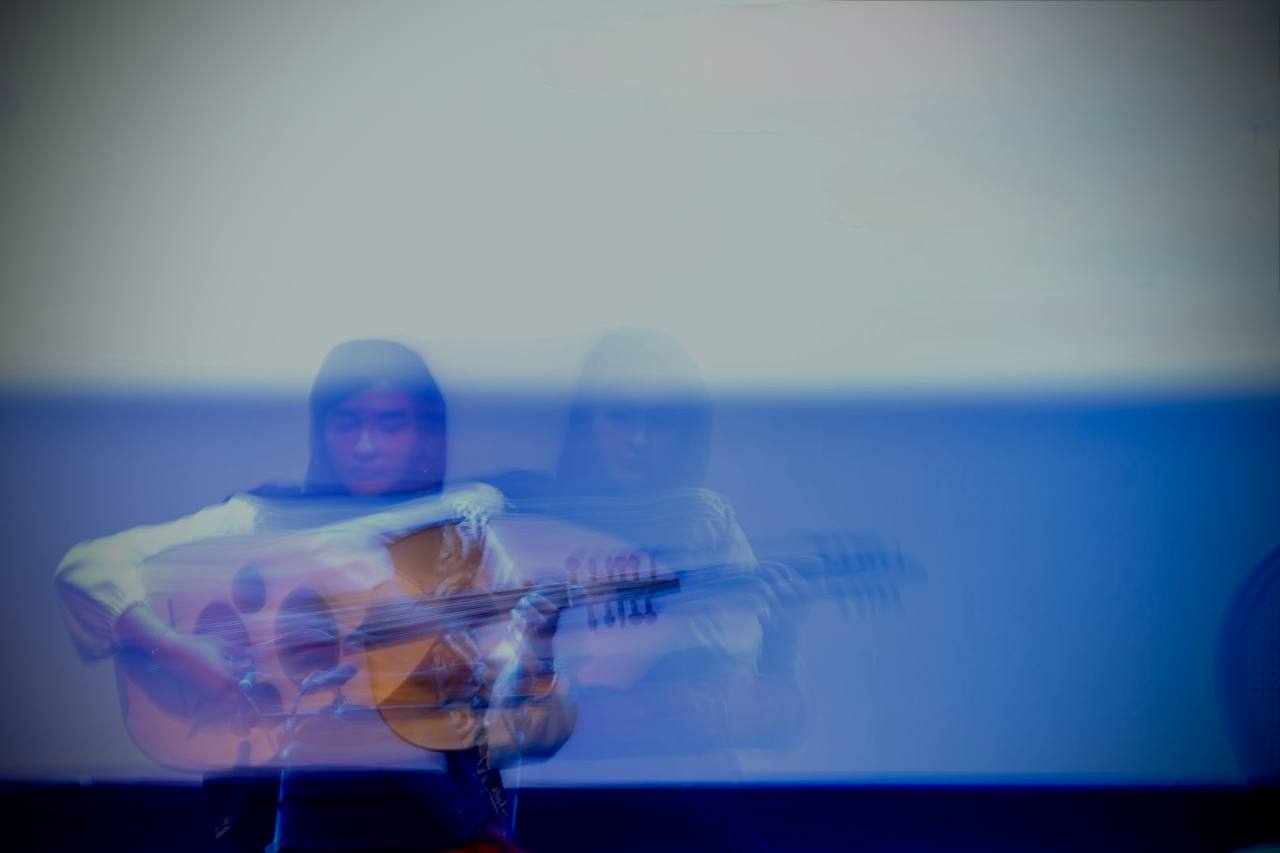
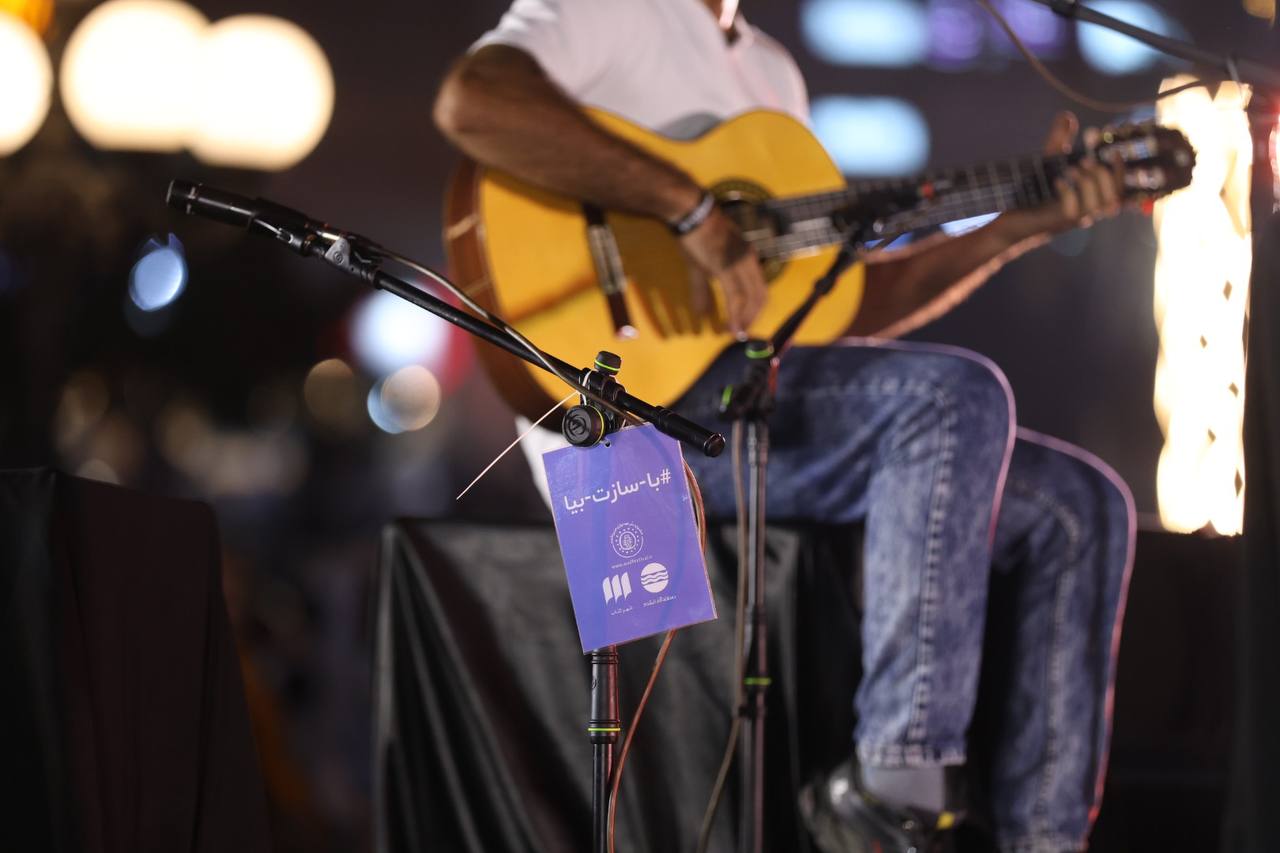
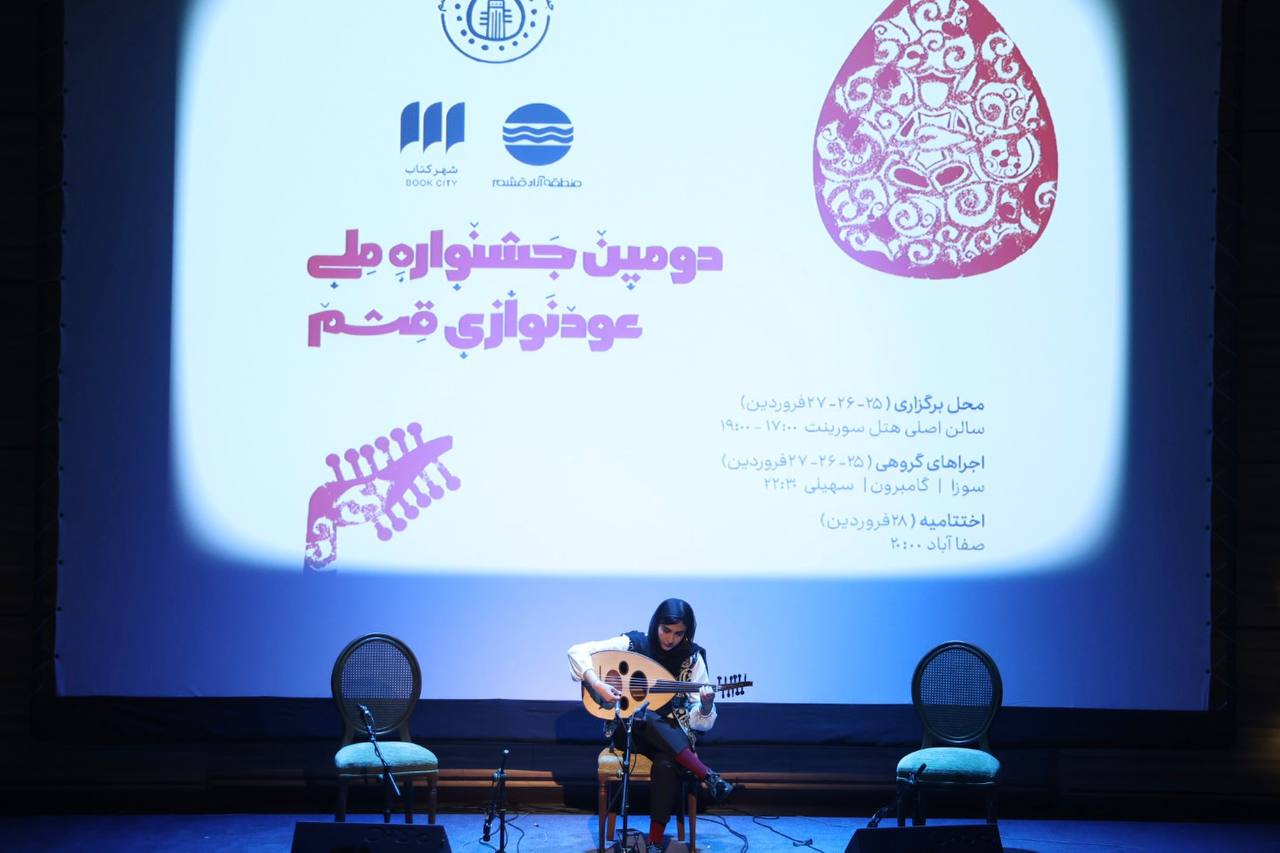
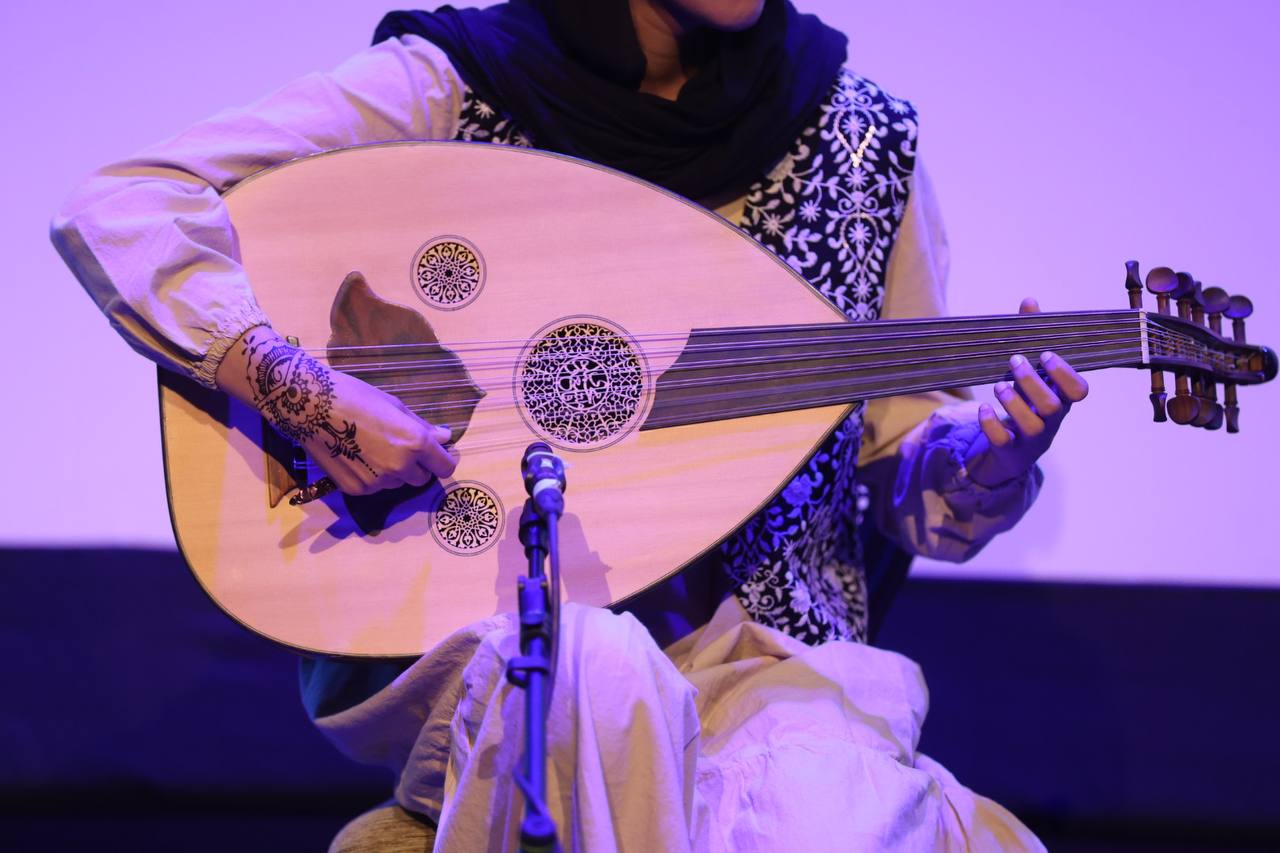
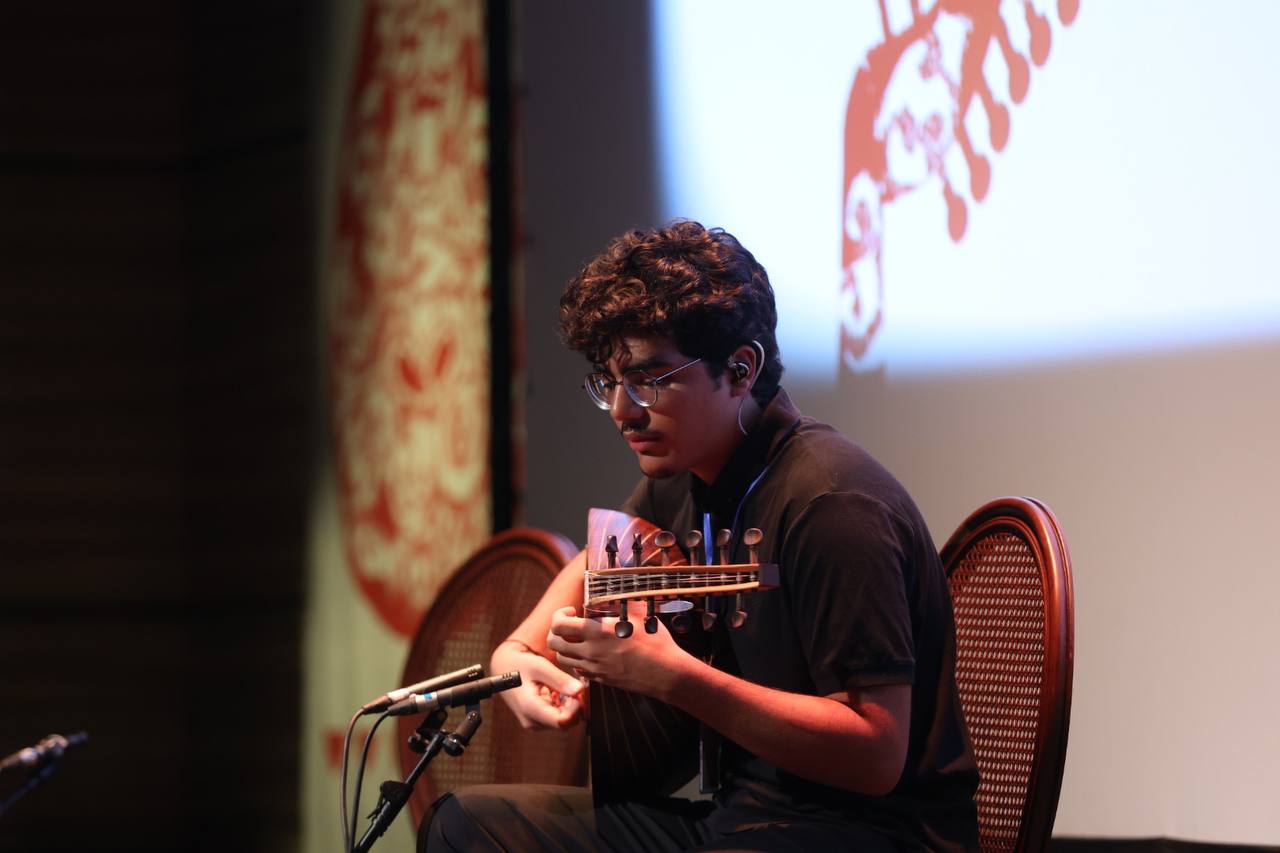
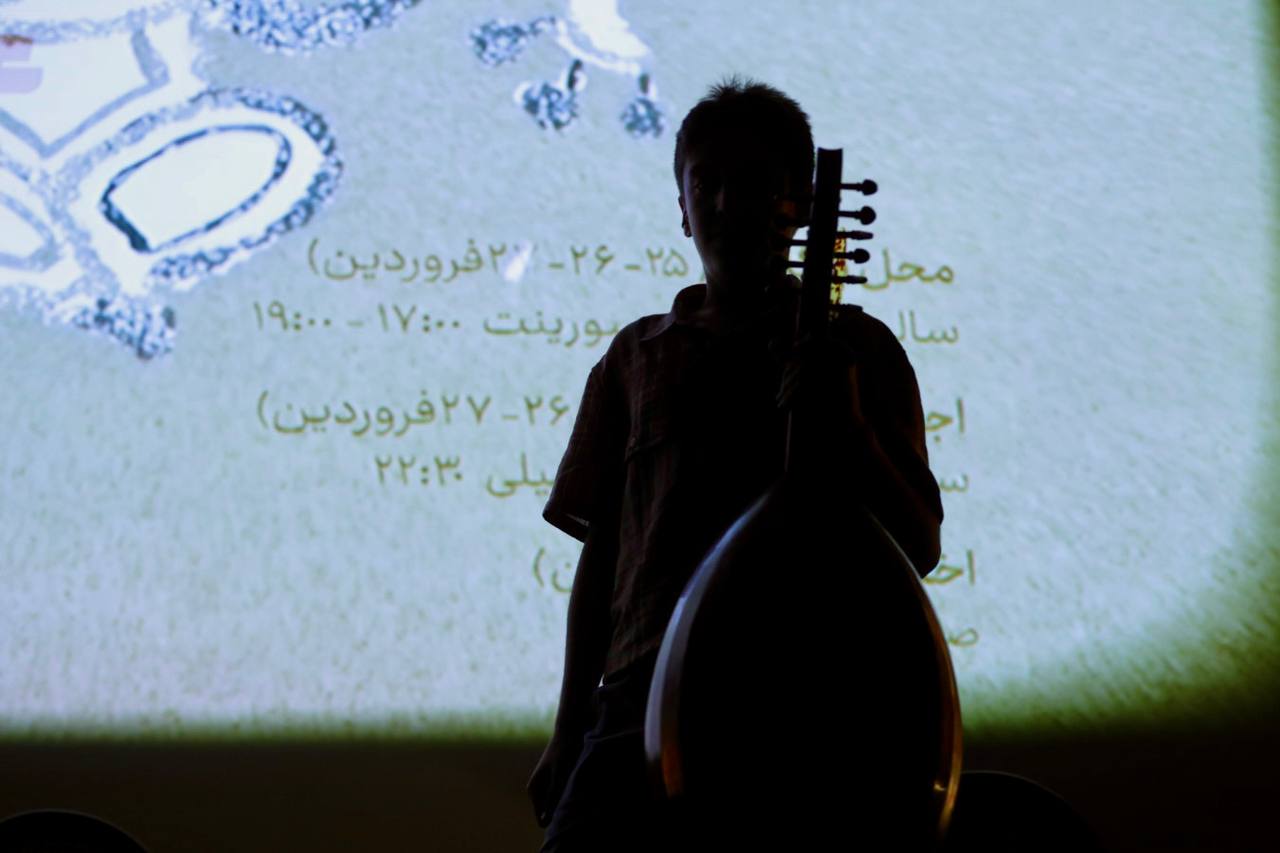
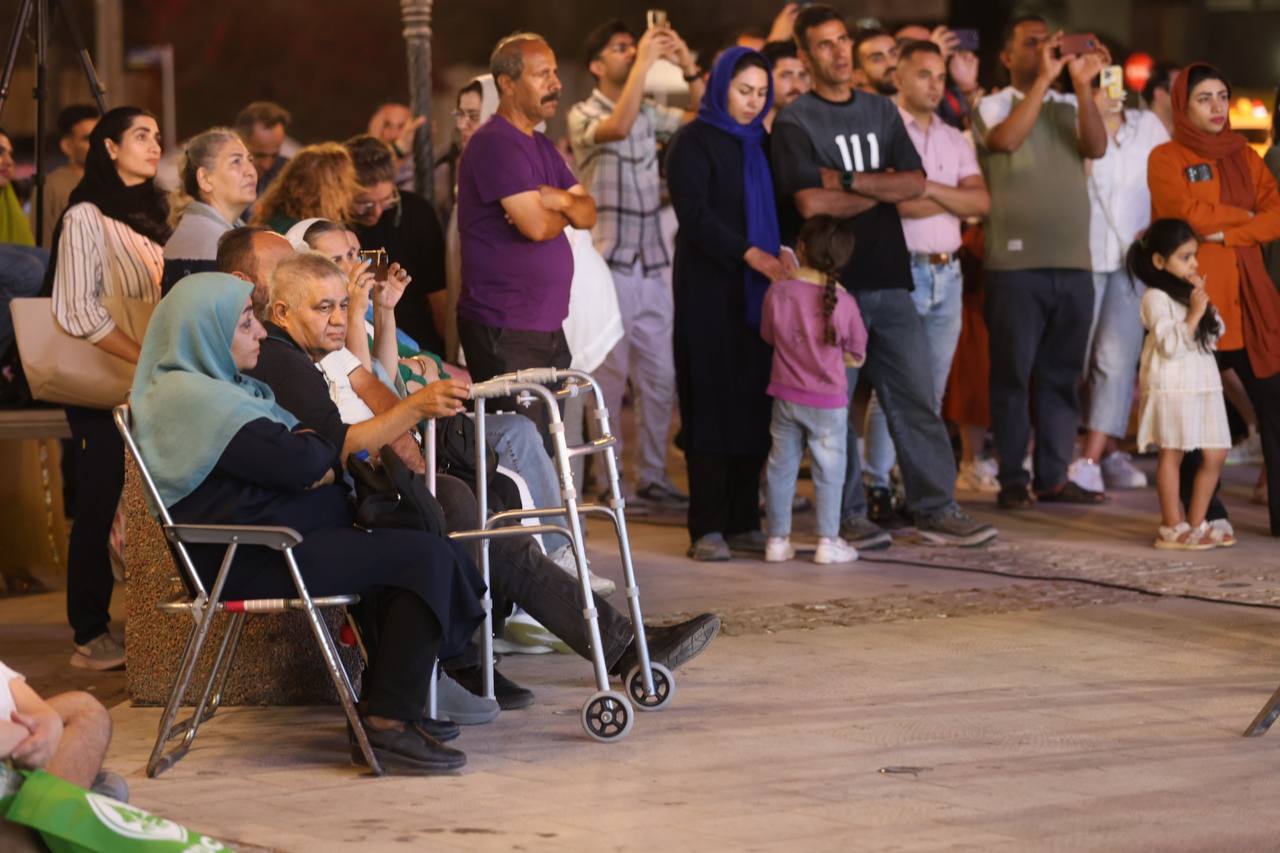
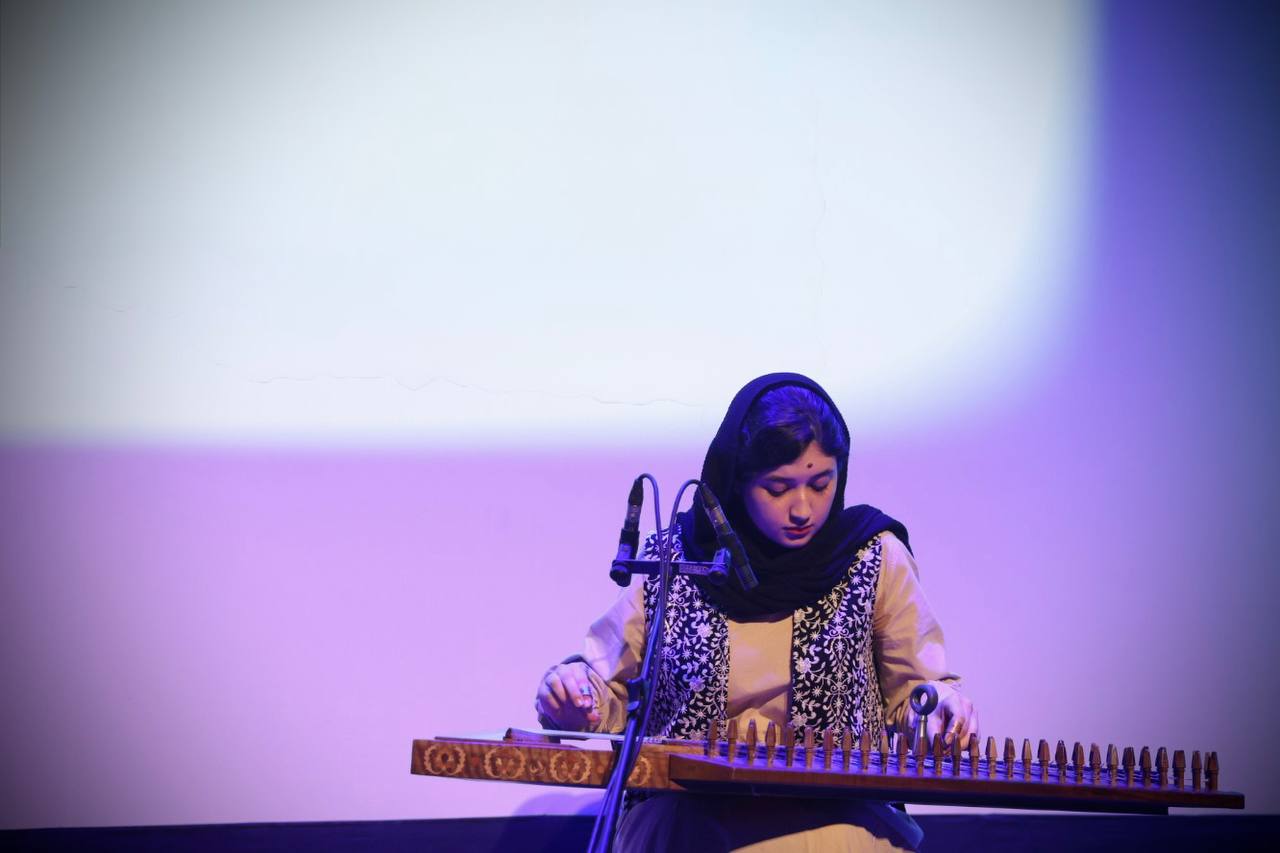
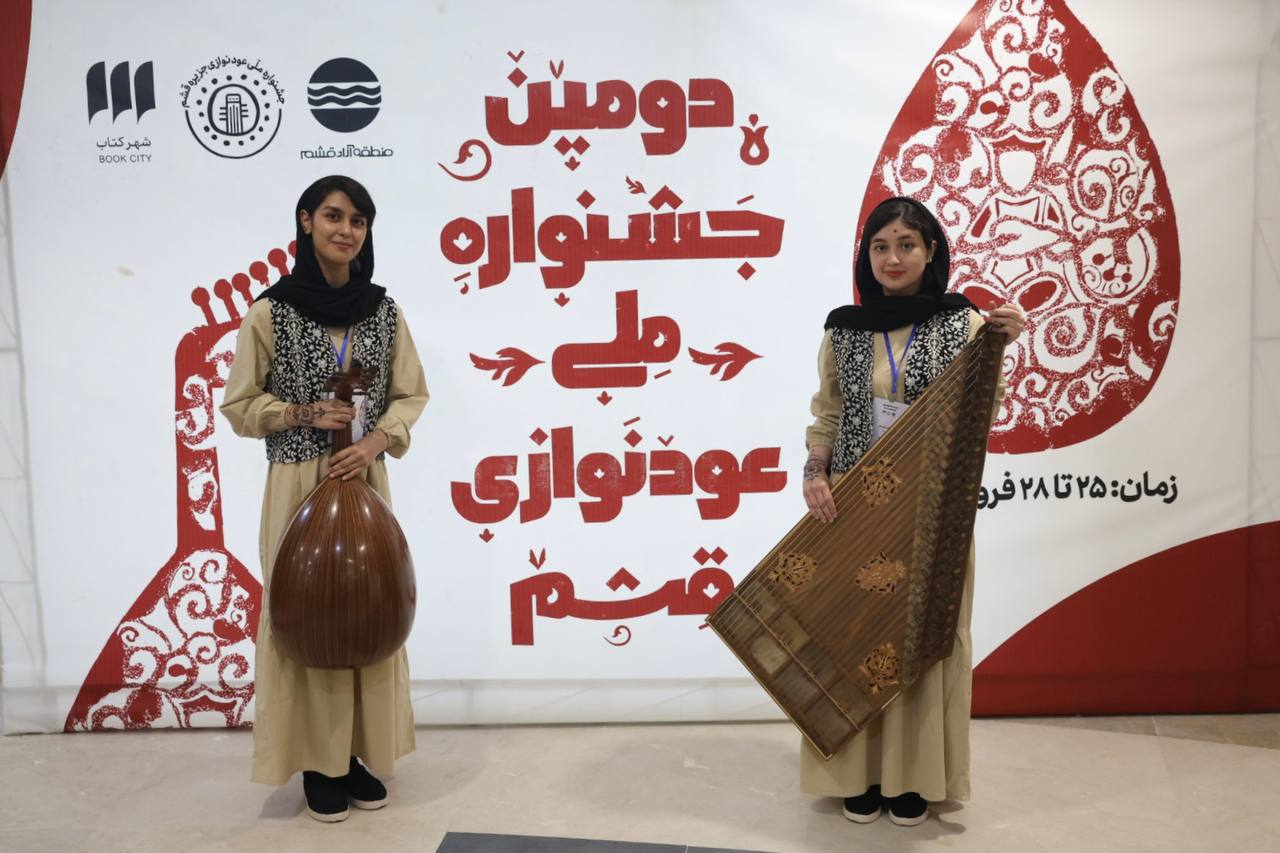
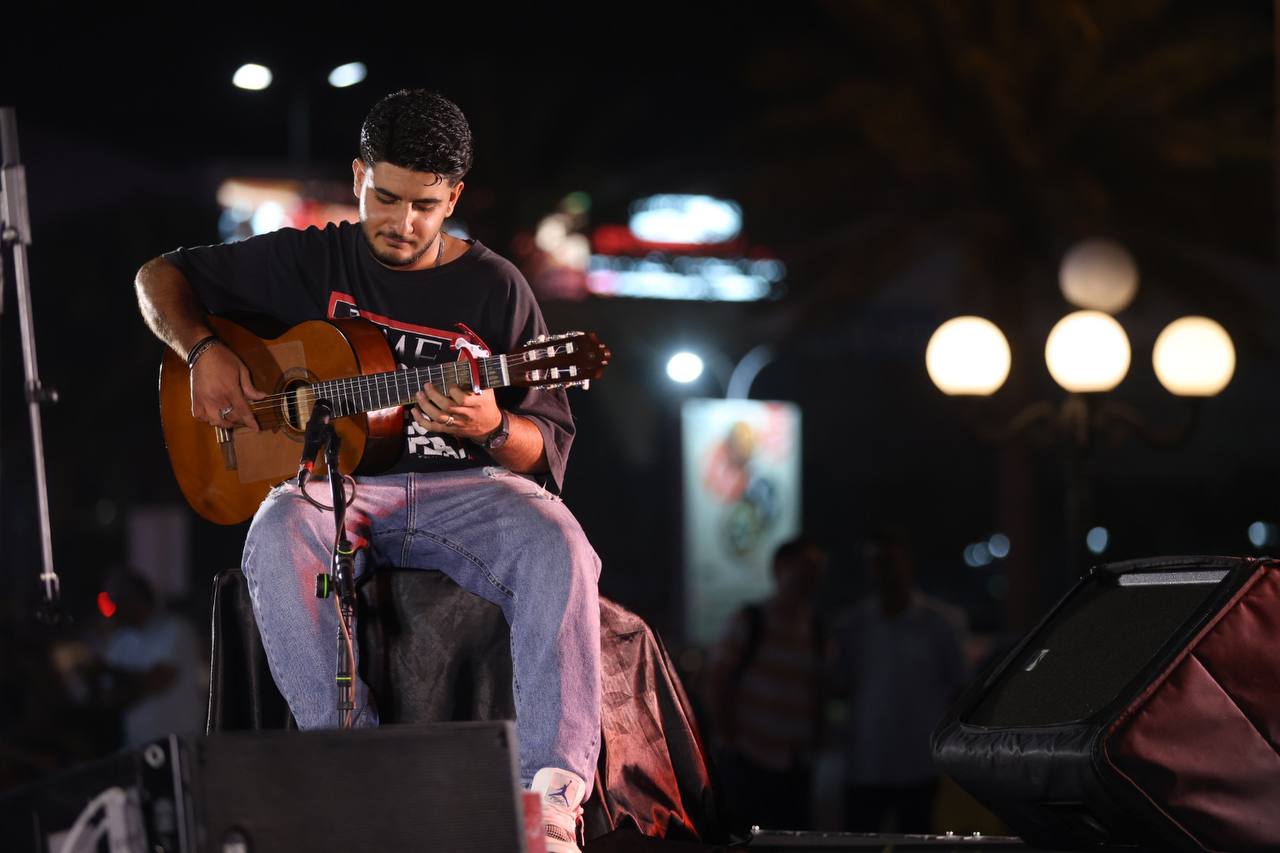
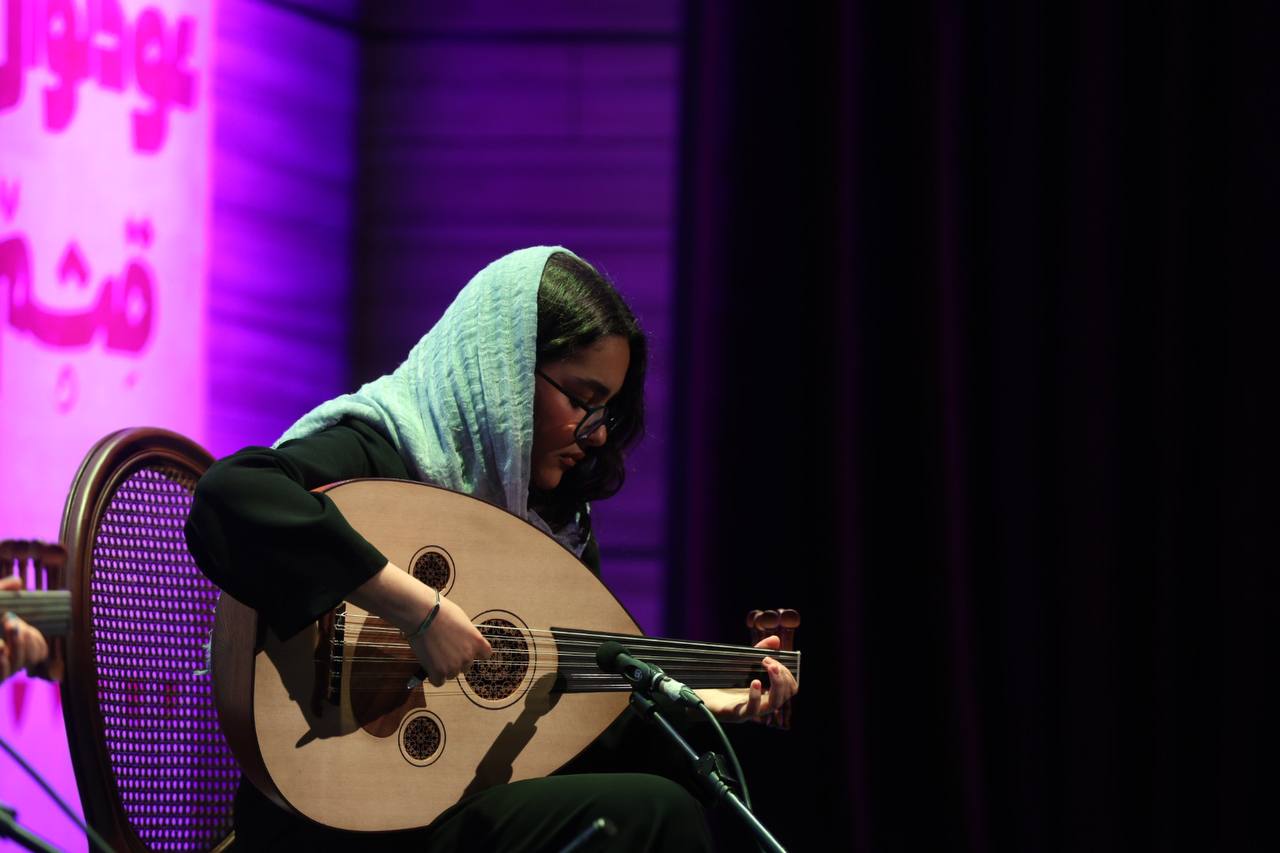
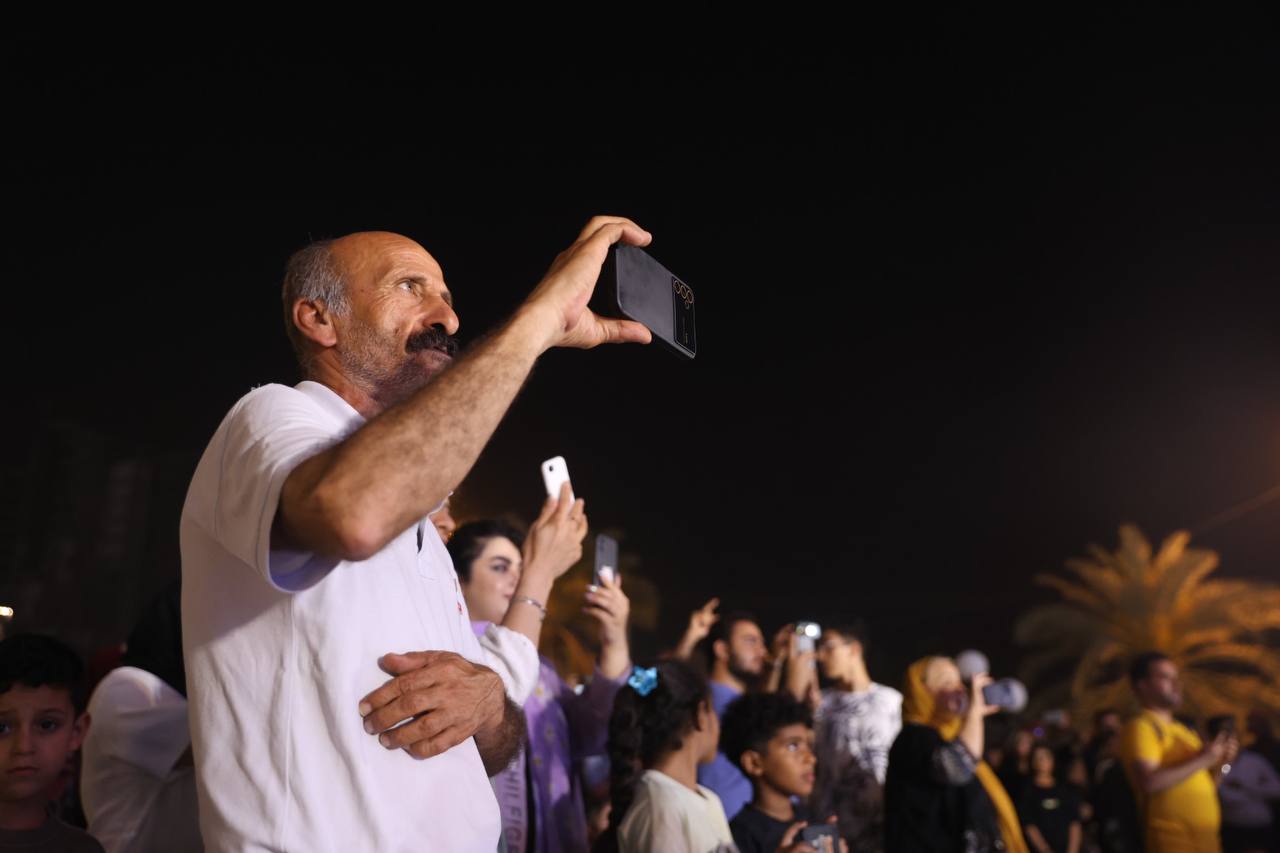
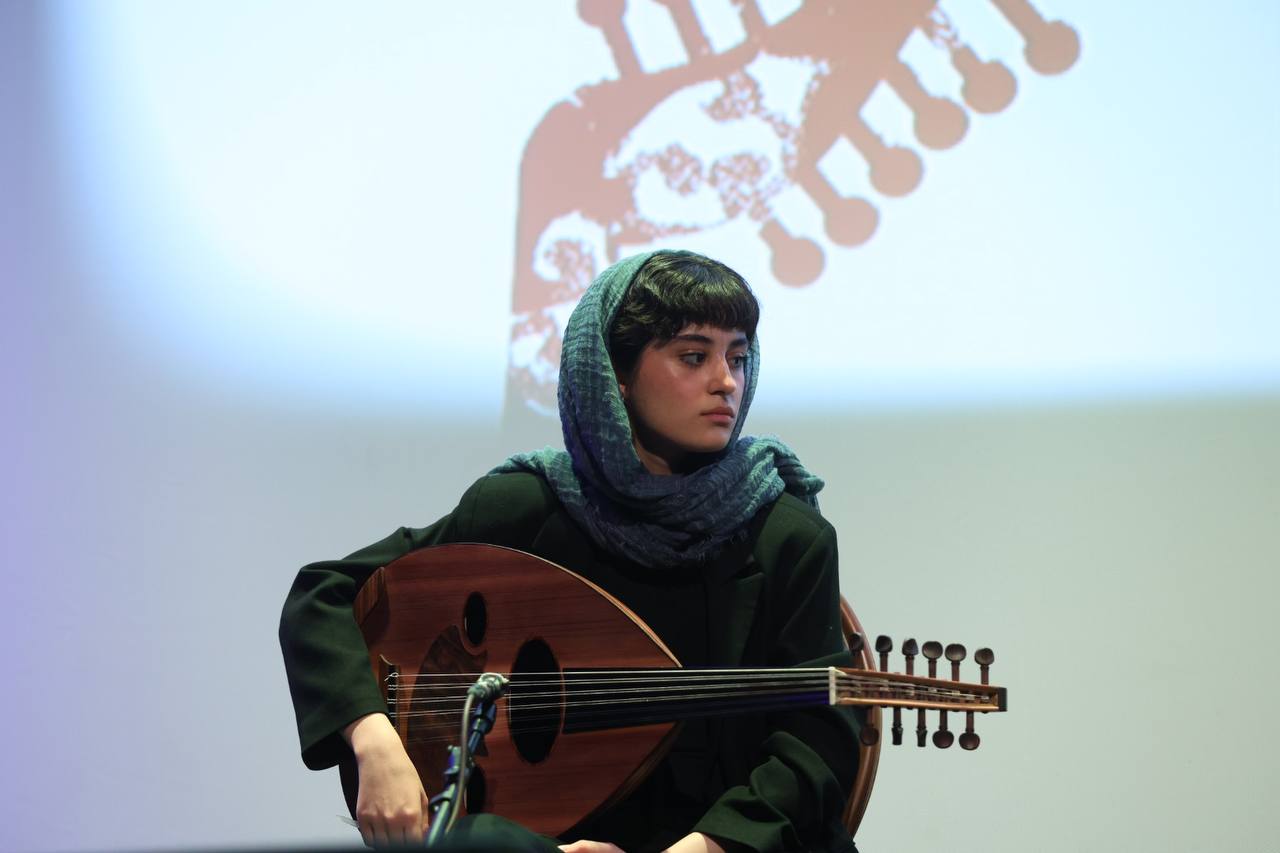
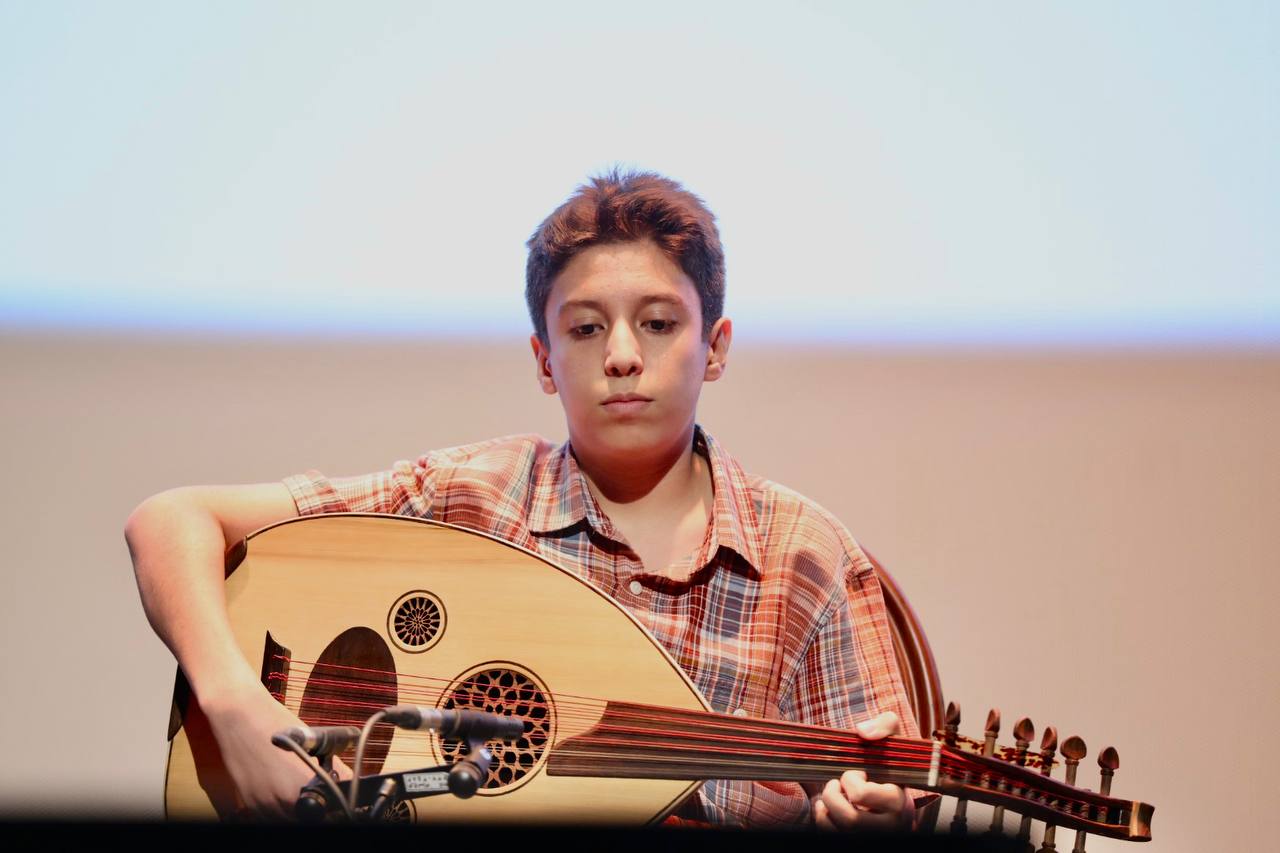
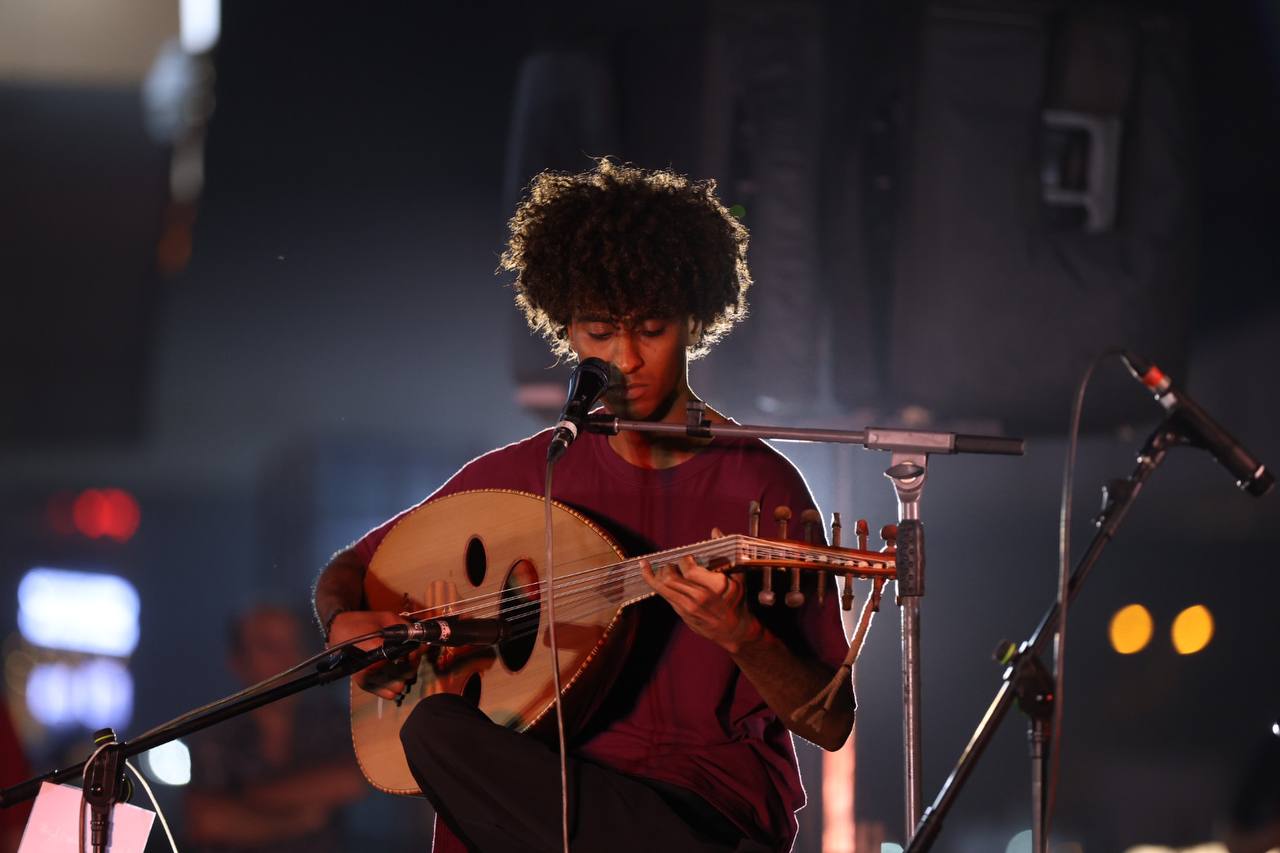
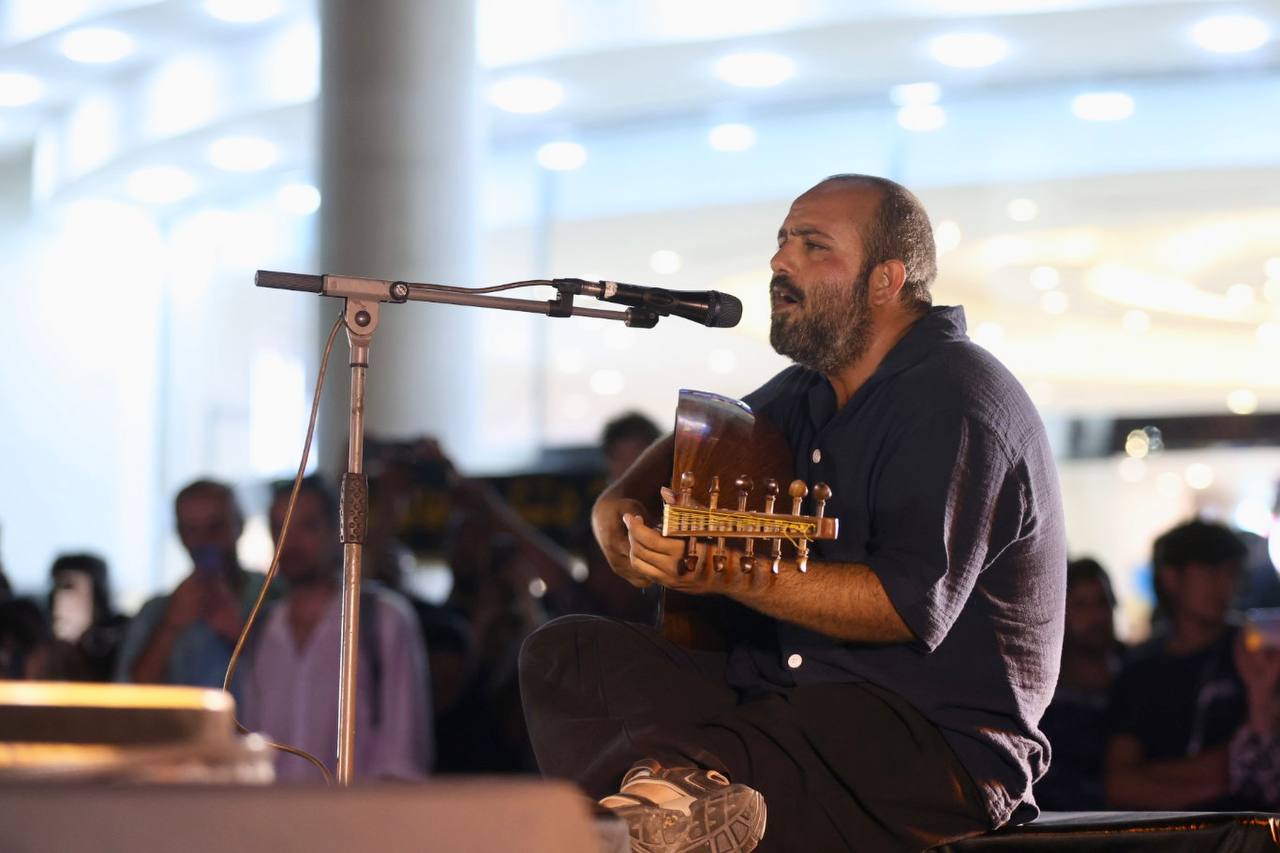
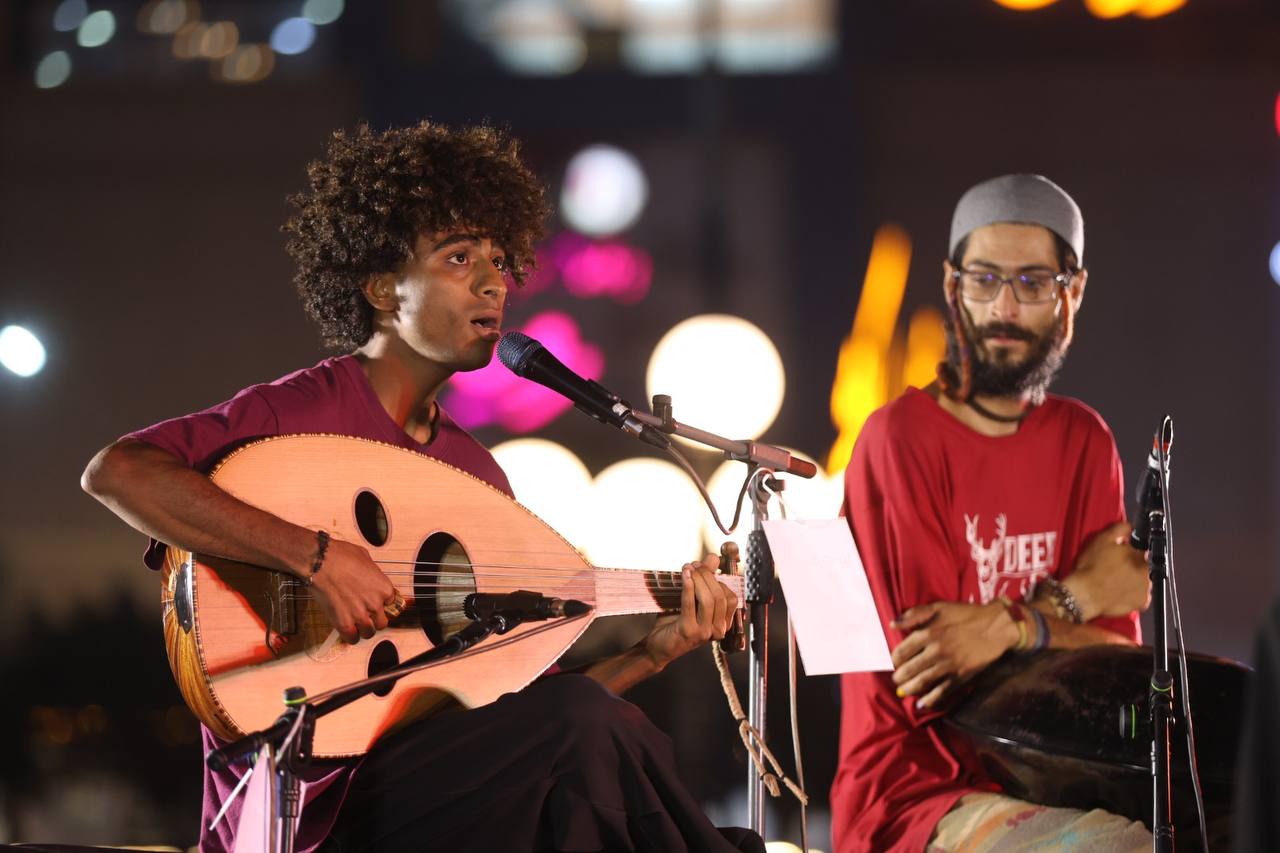
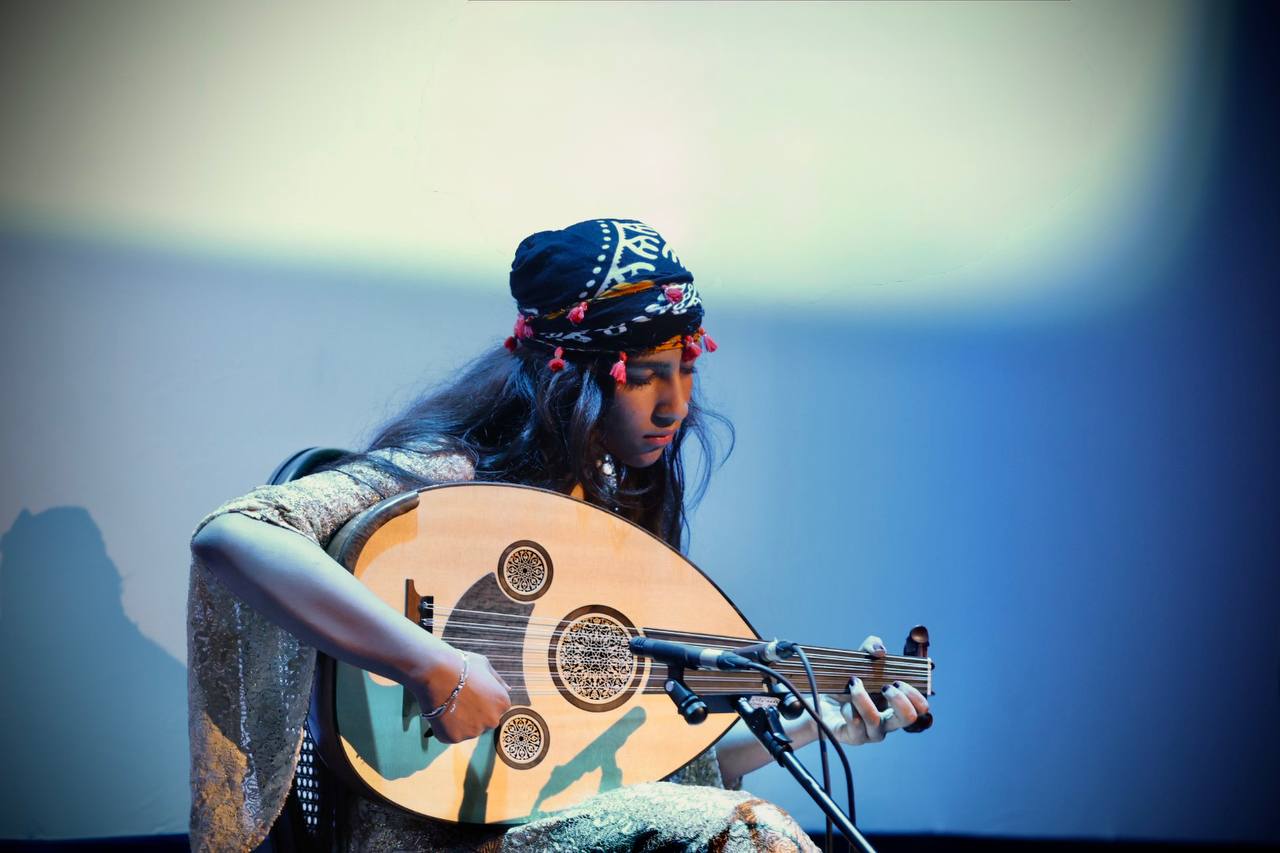
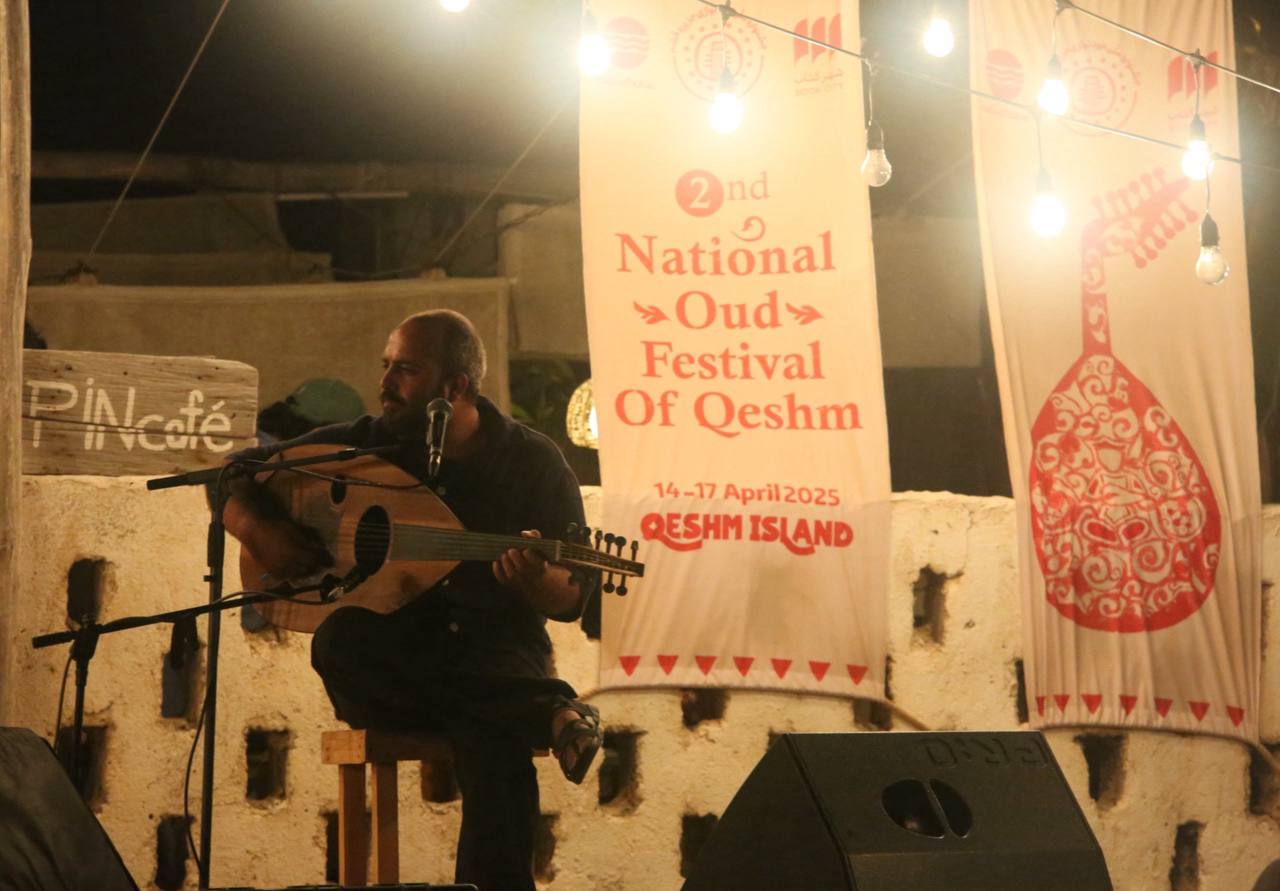
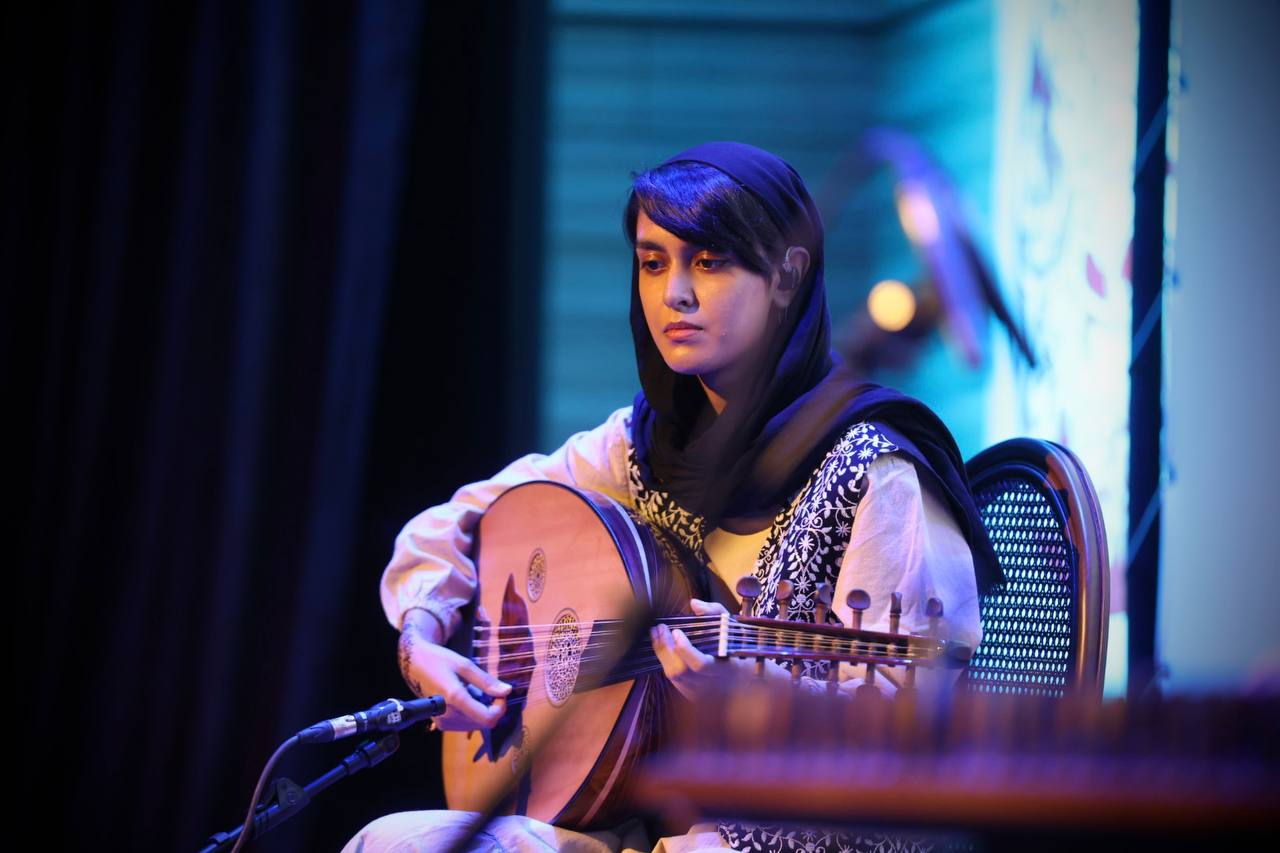
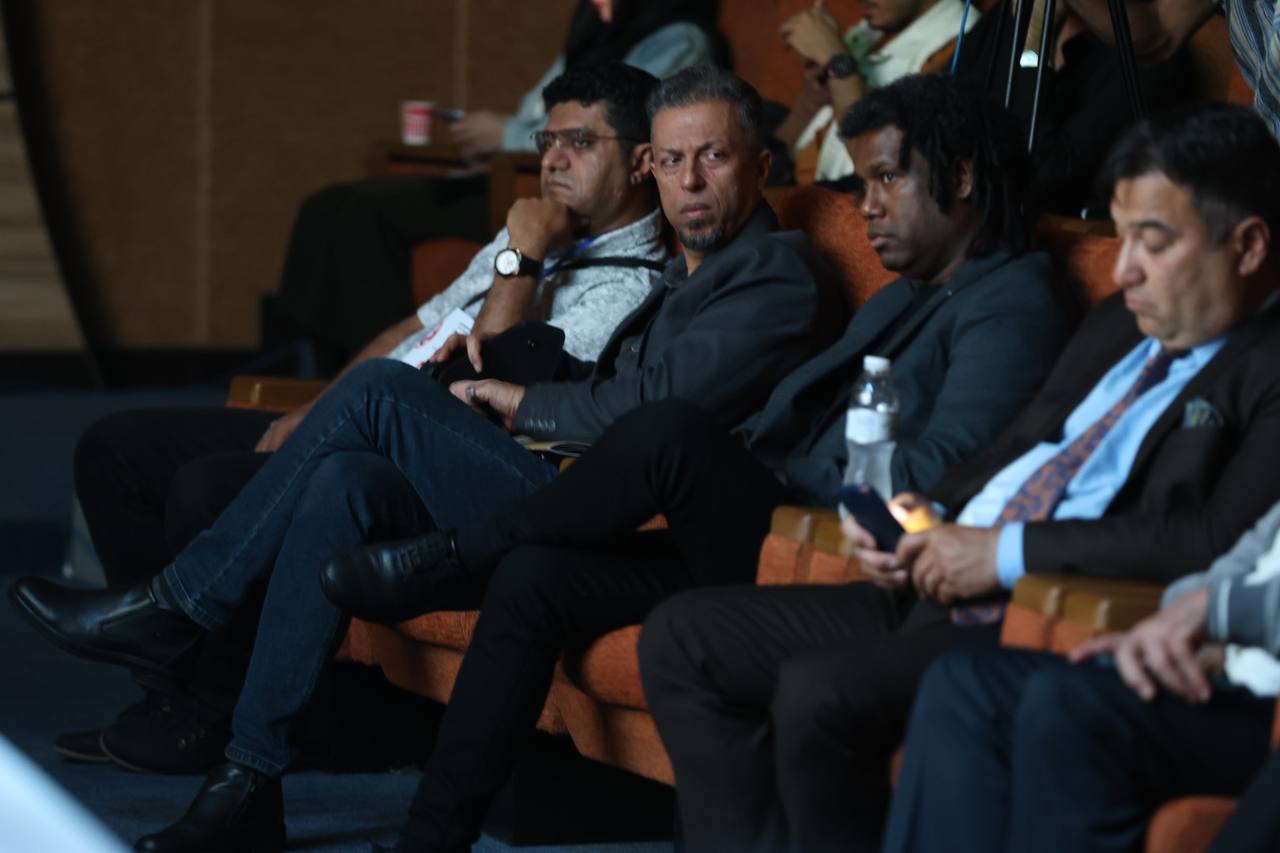
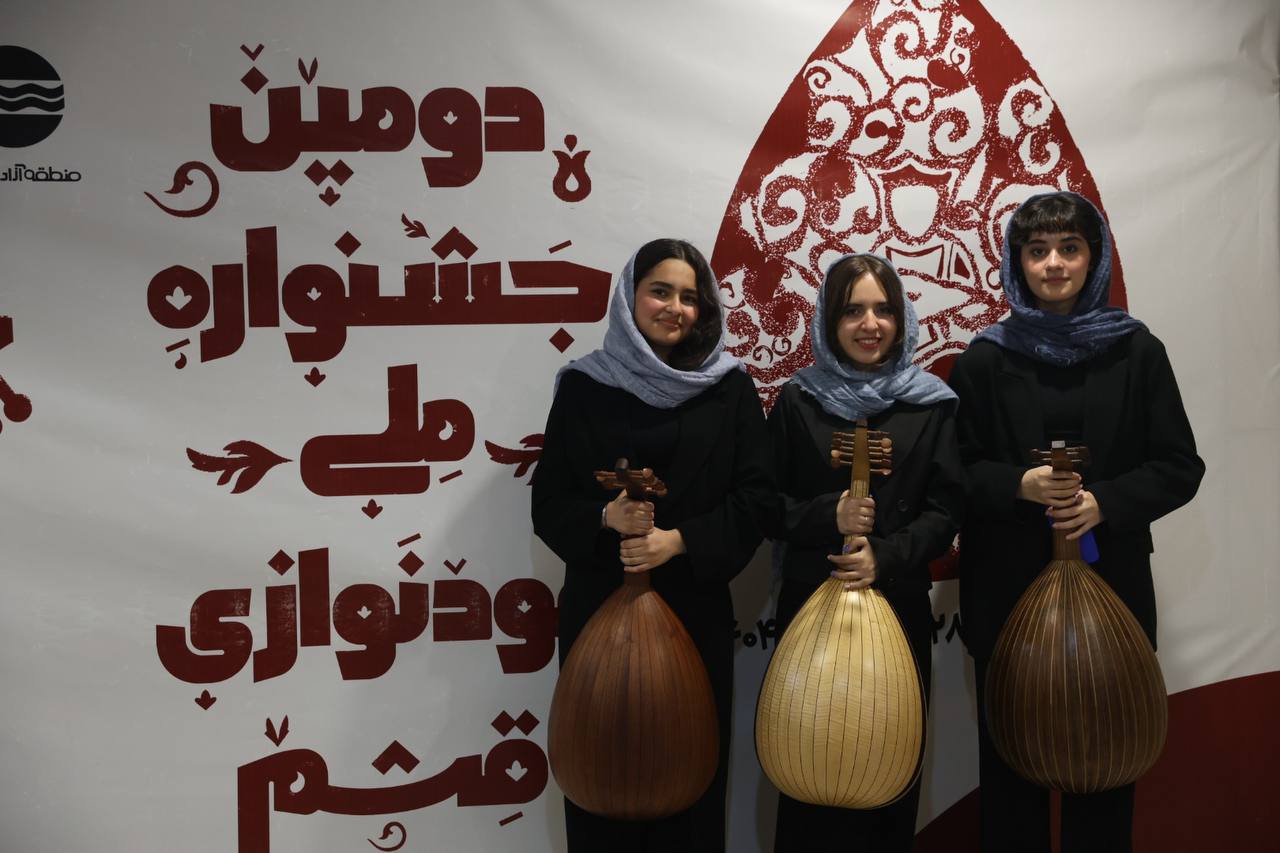
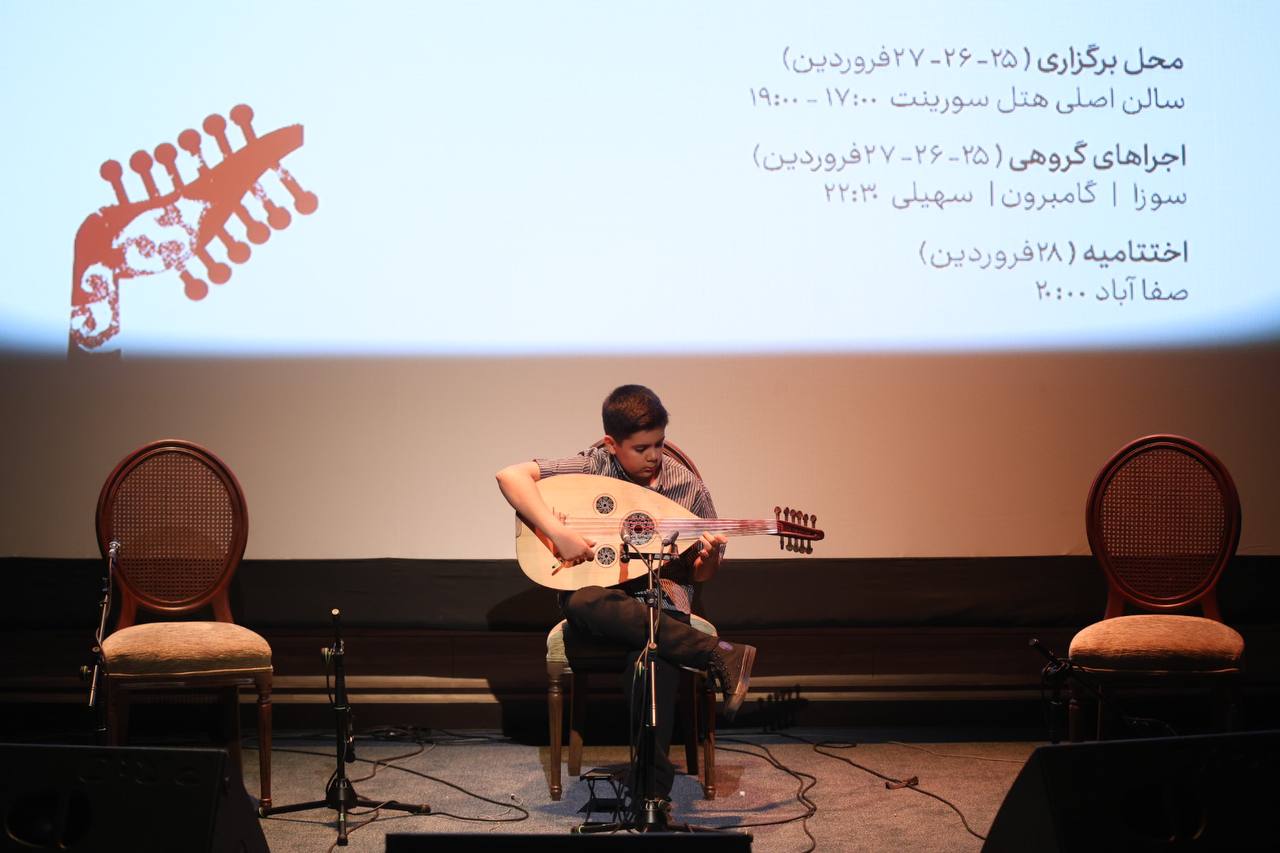
Tags: Oud Festival, Qeshm, عود